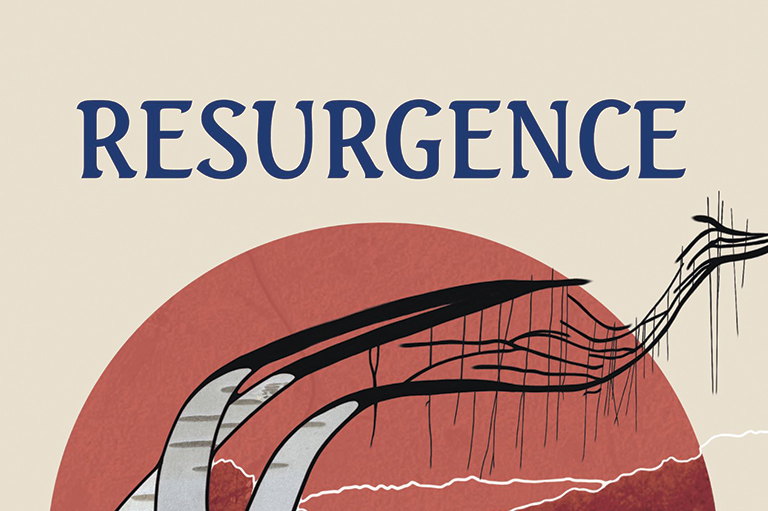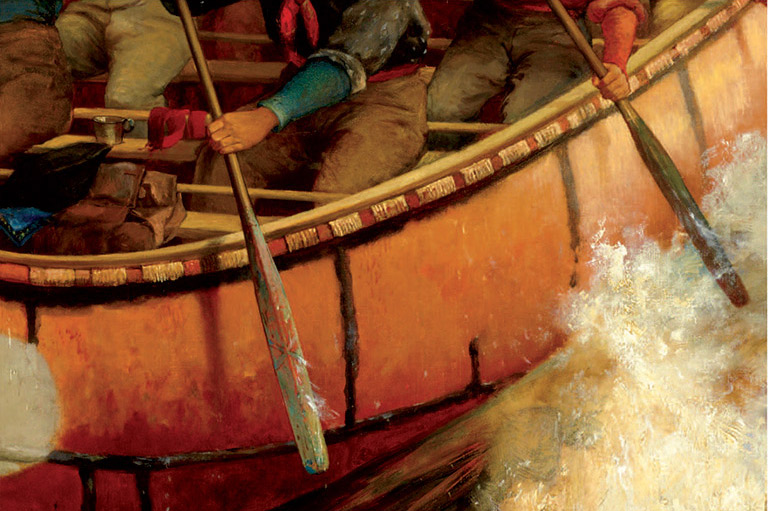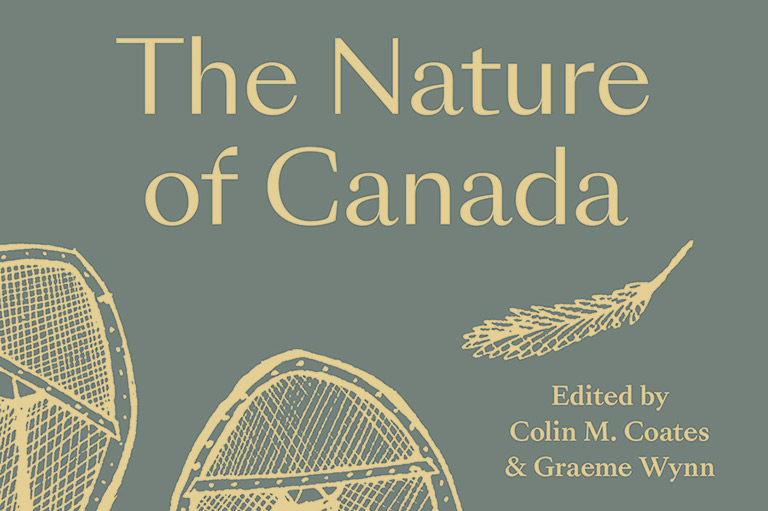2022 Summer Reading Guide
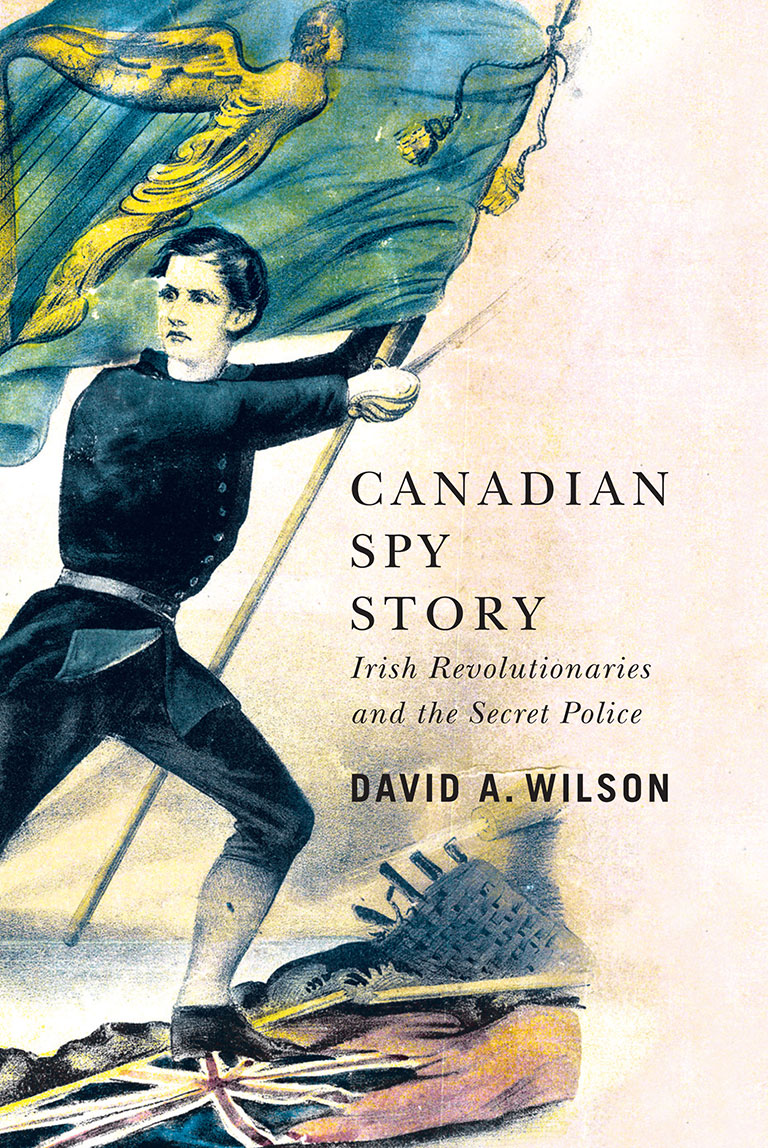
Canadian Spy Story
Irish Revolutionaries and the Secret Police
by David A. Wilson
“An outstanding book by one of Canada’s leading historians — meticulously researched, well structured, and beautifully written. Wilson paints a compelling picture of the twilight world of émigré conspirators, their anger at their plight, their desire to strike back, their resilience in the face of innumerable setbacks, and their doggedness in planning for the great day of liberation.” — Thomas Bartlett, University of Aberdeen
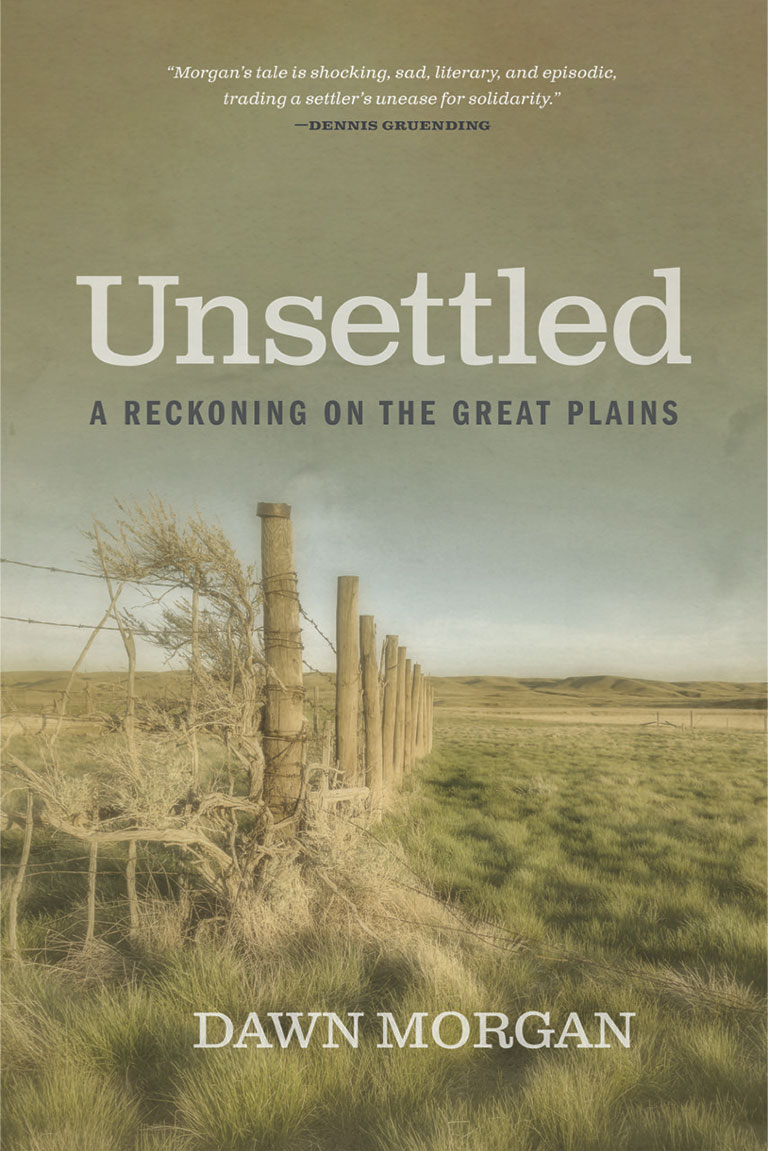
Unsettled
A Reckoning on the Great Plains
by Dawn Morgan
This moving work of literary non-fiction reflects on the death of Morgan’s father and confronts the colonial truths of the land on which she was raised. Examining her family tragedy in relation to stories — both fact and fiction — of settlers and Indigenous Peoples, she documents her internal struggle to write a story of settlement now profoundly unsettled, one that unravels even as she weaves it together.
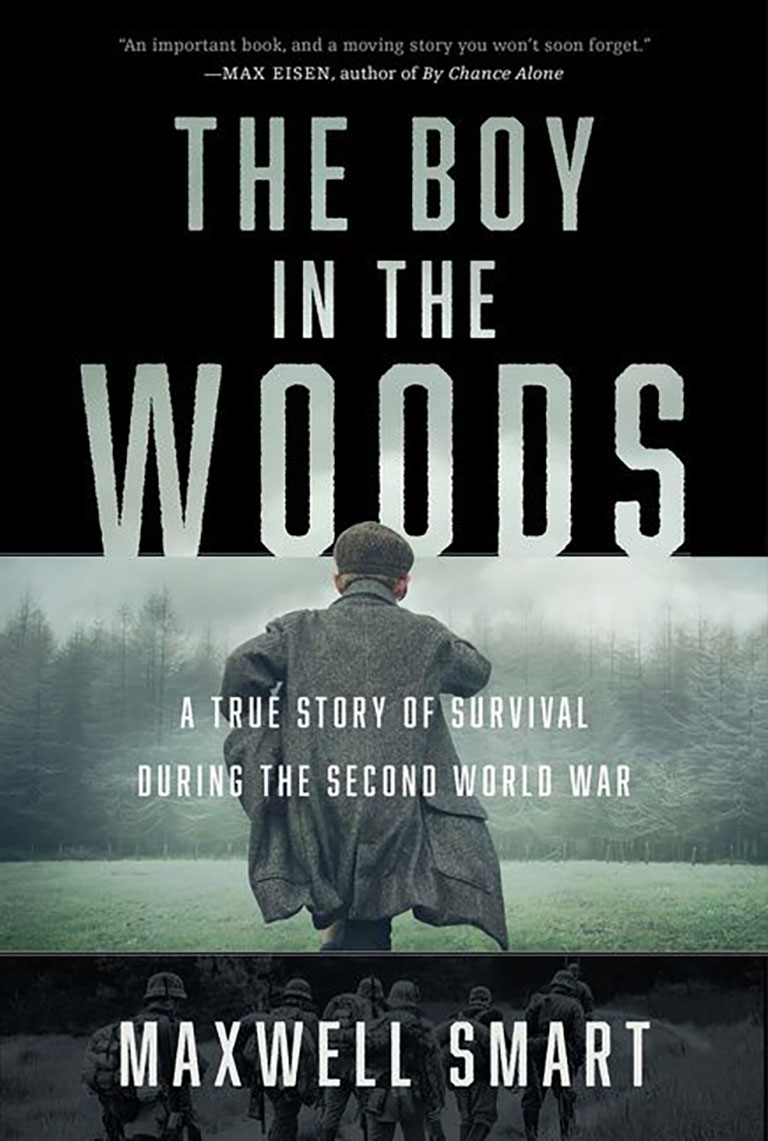
The Boy in the Woods
A True Story of Survival During the Second World War
by Maxwell Smart
An incredible true story of survival in the face of the ultimate evil by Canadian Maxwell Smart. He was eleven years old when his entire family was killed before his eyes. Max might have died along with them, but his mother selflessly ordered him to save himself. His epic tale of heroism will inspire with its proof of the enduring human spirit.
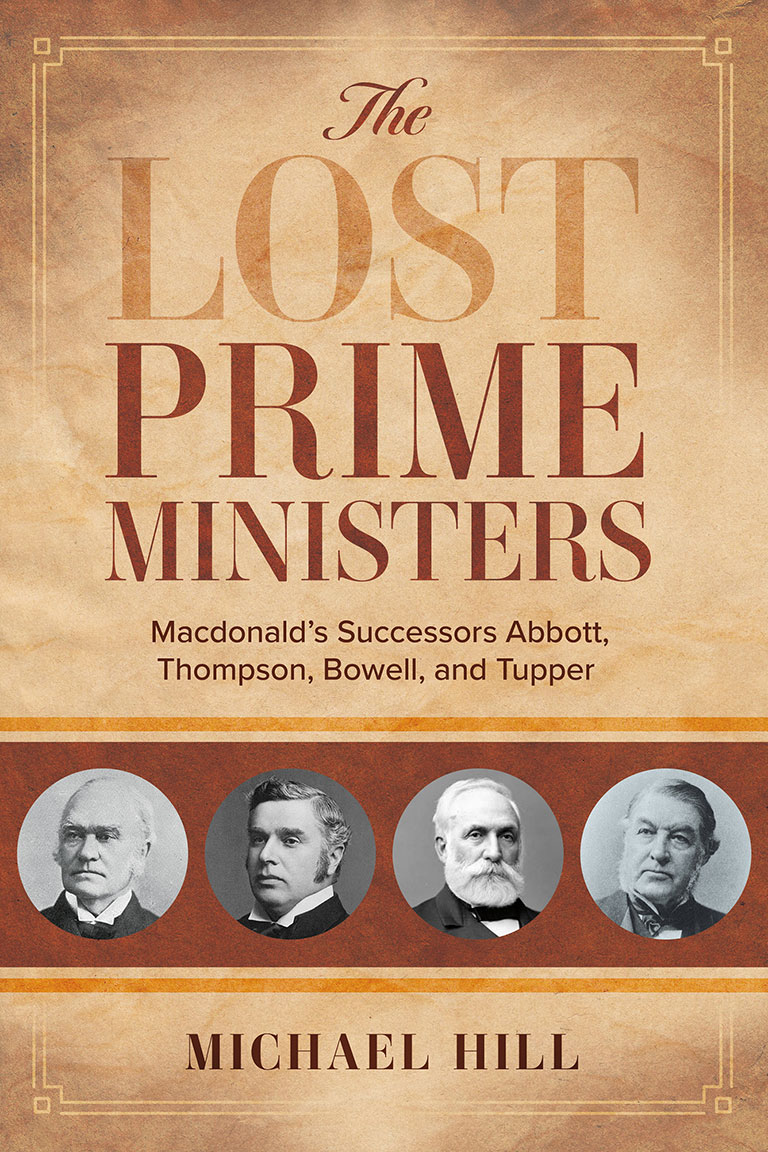
The Lost Prime Ministers
Macdonald’s Successors Abbott, Thompson, Bowell, and Tupper
by Michael Hill
The dramatic saga of the four men who led the country between 1891 and 1896, including how they rose to and fell from power. Tory prime ministers John Abbott, John Thompson, Mackenzie Bowell, and Charles Tupper headed the government of Canada in rapid succession. Each came to the job with qualifications and limitations, and each left after unexpectedly short terms. Yet these reluctant prime ministers are an important part of our political legacy.

Ice War Diplomat
Hockey Meets Cold War Politics at the 1972 Summit Series
by Gary J. Smith
Discover a diplomacy mission like no other in Ice War Diplomat, the behind-the-scenes story of the historic 1972 Summit Series. Amid the tension of the Cold War, caught between capitalism and communism, Canada and the Soviet Union, young Canadian diplomat Gary J. Smith must navigate the rink, melting the ice between two nations skating a dangerous path.
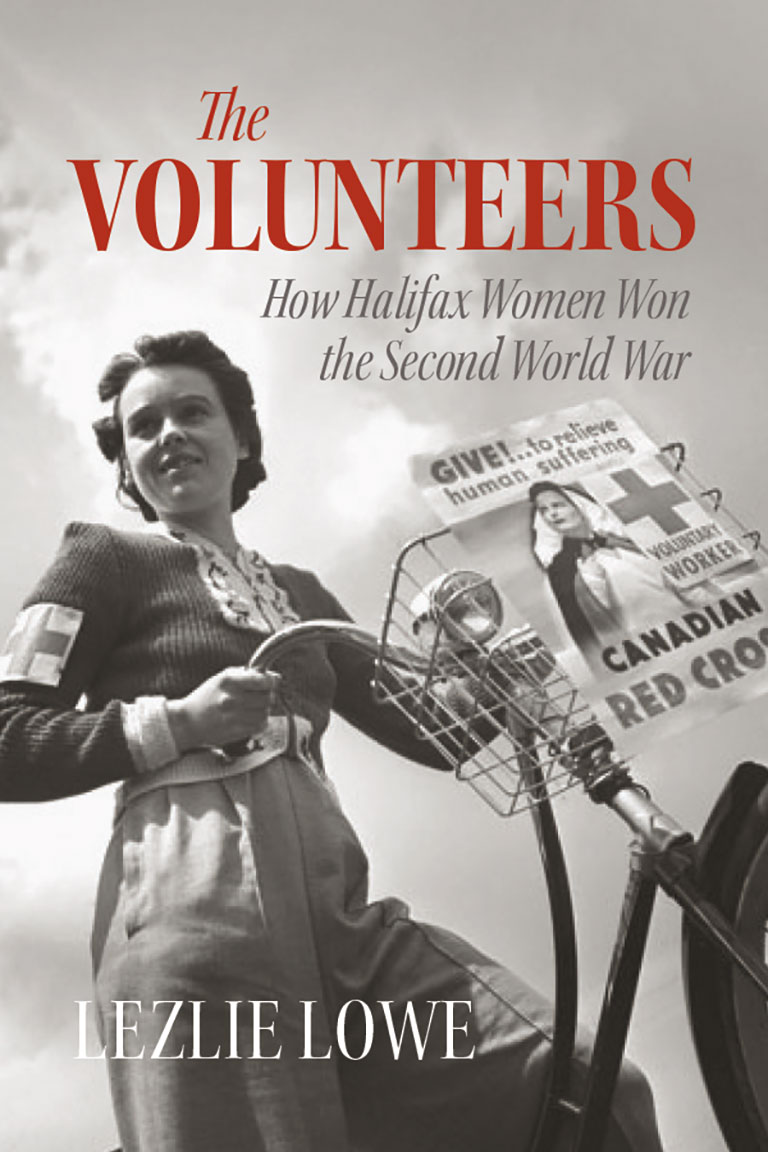
The Volunteers
How Halifax Women Won the Second World War
by Lezlie Lowe
The long-awaited narrative history of the women who volunteered in Nova Scotia during the Second World War by award-winning journalist and author of No Place to Go. The Volunteers is the untold story of Halifax women who geared up in a flash to focus on the comfort, community connections, and mental health of Halifax’s exploding population of sailors, soldiers, airmen, and merchant mariners.
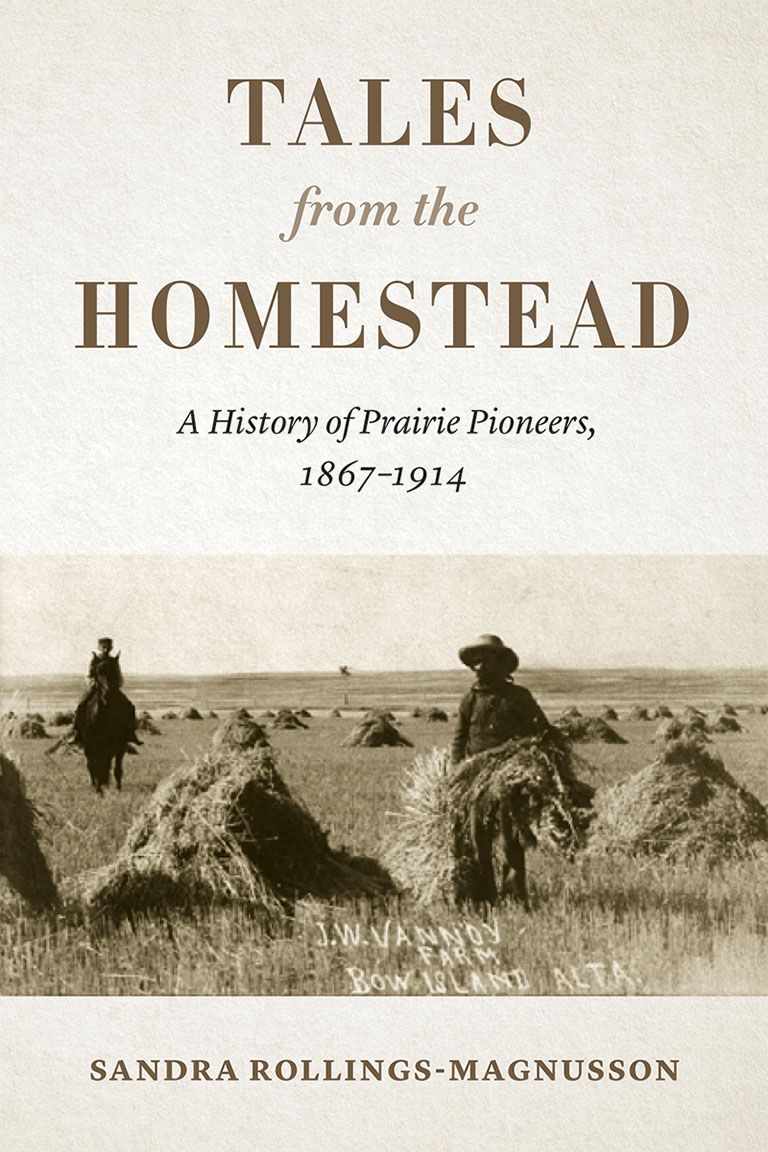
Tales from the Homestead
A History of Prairie Pioneers, 1867–1914
by Sandra Rollings-Magnusson
A compilation of thirty-six personal homesteader stories, providing unique insight into the daily life of prairie pioneers. Highlighting the voices and personal stories of early immigrants who arrived in Alberta, Saskatchewan, and Manitoba in the late nineteenth and early twentieth centuries, Tales from the Homestead is a captivating snapshot of social history.
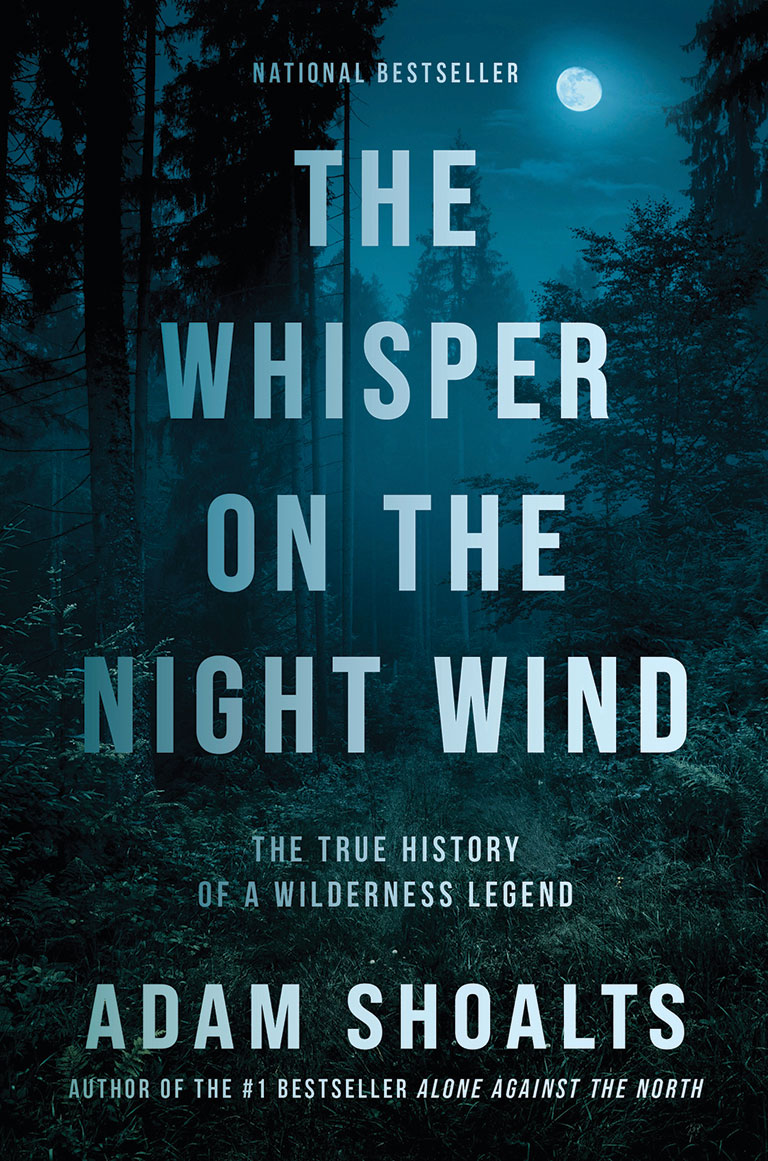
The Whisper on the Night Wind
The True History of a Wilderness Legend
by Adam Shoalts
The national bestseller and spellbinding adventure from Canada's most beloved modern-day explorer, Adam Shoalts — now in paperback. Delving deep into the dark corners of Canada’s wild, The Whisper on the Night Wind combines folklore, history, and adventure into a fascinating saga of exploration
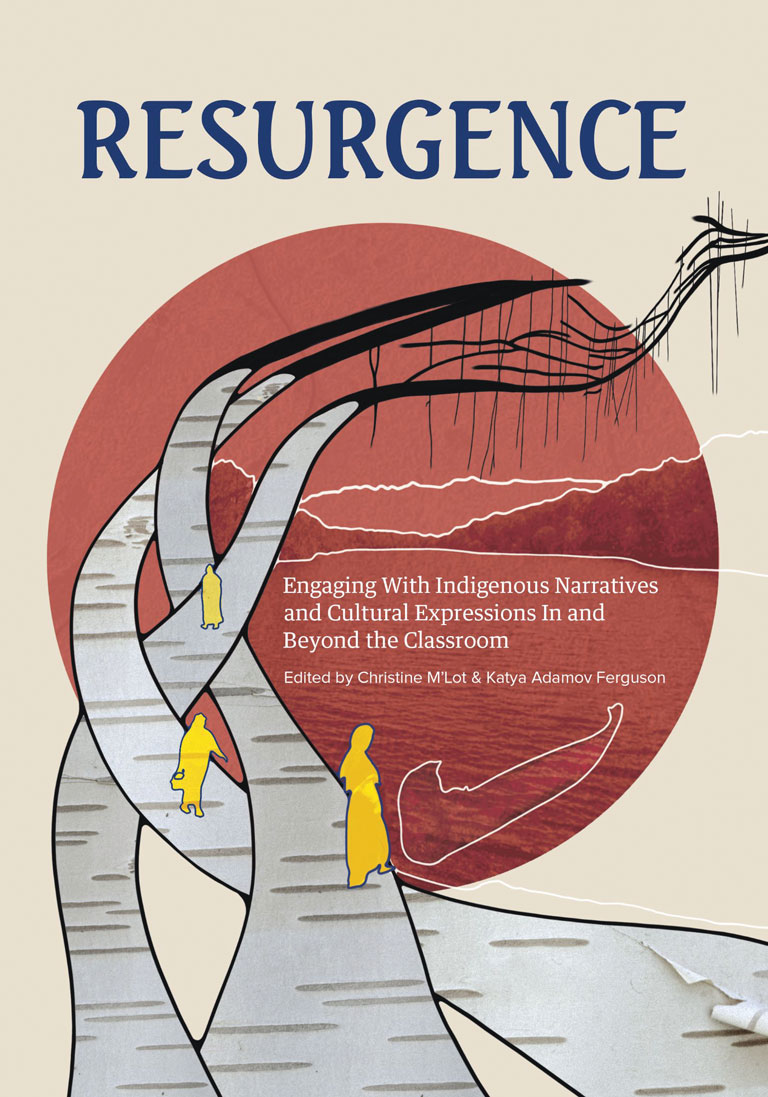
Resurgence
Engaging with Indigenous Narratives and Cultural Expressions In and Beyond the Classroom
edited by Katya Adamov Ferguson and Christine M’Lot
A thoughtful guide to critical engagement with Indigenous literatures, perspectives, and teaching methods as well as best practices for bringing them into the classroom. Resurgence is an inspiring collection of contemporary Indigenous poetry, art, and narratives that guides K–12 educators in bridging existing curricula with Indigenous voices and pedagogies.
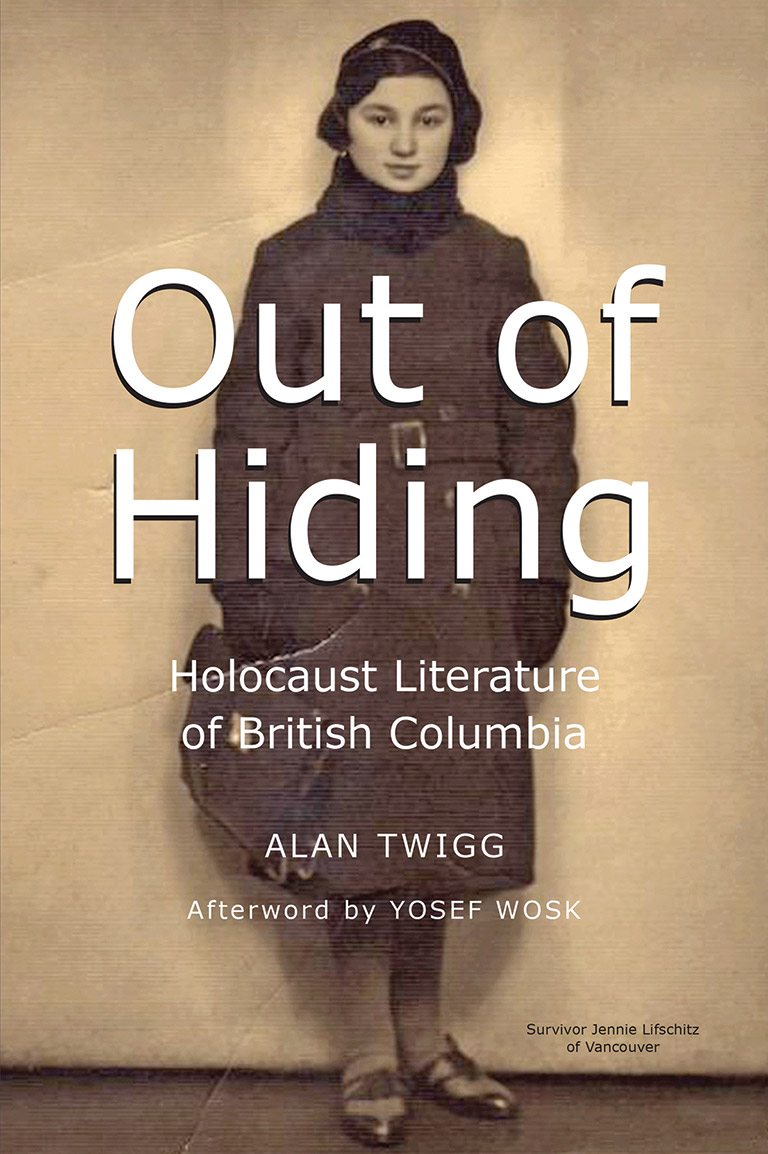
Out of Hiding
Holocaust Literature of British Columbia
by Alan Twigg
There will soon be no eyewitnesses to the Holocaust. As Tolstoy famously put it, “What is to be done?” One answer is Out of Hiding, a cross-section of stories collected from one region of the globe — British Columbia, Canada — examining 85 authors and 160 books.
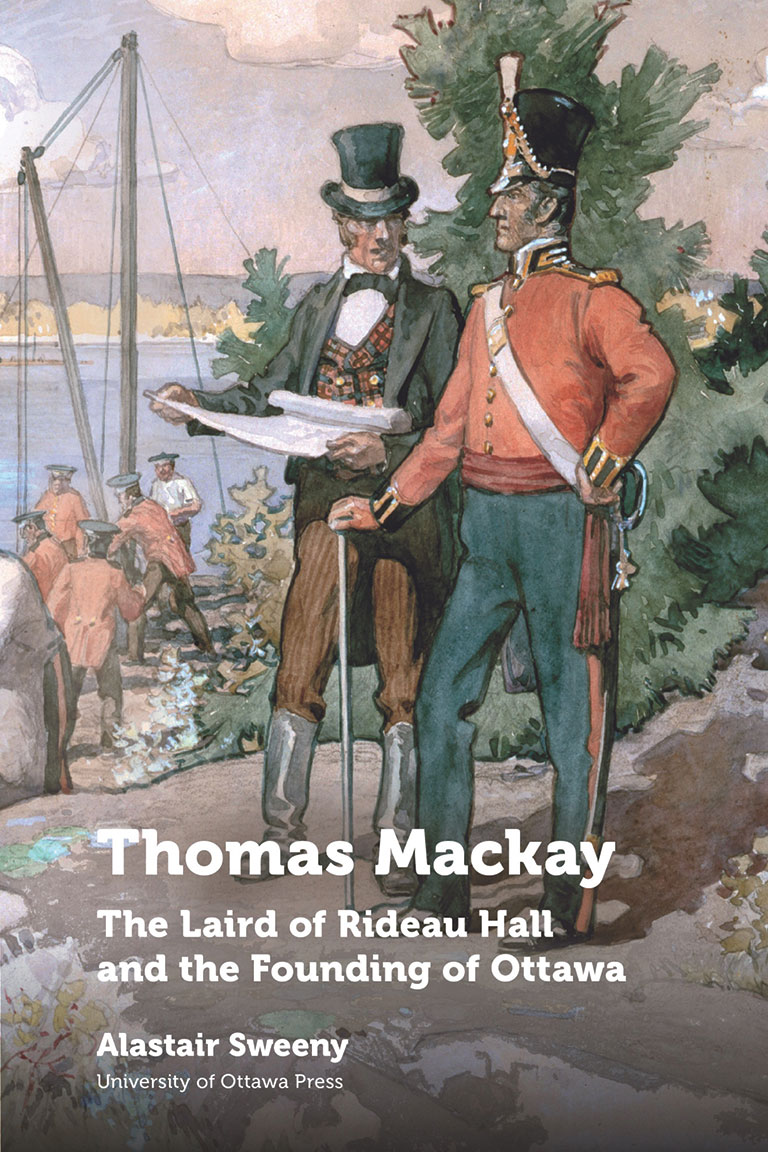
Thomas Mackay
The Laird of Rideau Hall and the Founding of Ottawa
by Alastair Sweeny
Rideau Hall. Rideau Canal Locks. Lachine Silver. Spanish silver. Thomas Mackay was without a doubt one of the founders of what would become Canada’s capital. His story is finally told in this first, long overdue and richly illustrated biography by historian and master storyteller Alastair Sweeny.
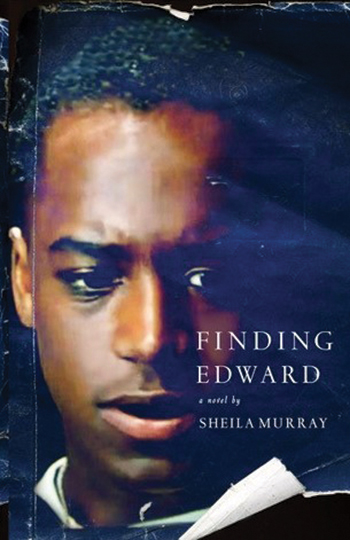
Finding Edward
A Novel
by Sheila Murray
“In lucid, scintillating prose, suffused with mystery and everyday magic, Sheila Murray delivers one of the most penetrating dramas of Black experience in all of Canadian literature. … This beautiful, necessary novel will become a touchstone.”
— Donna Bailey Nurse, author of What’s a Black Critic to Do?
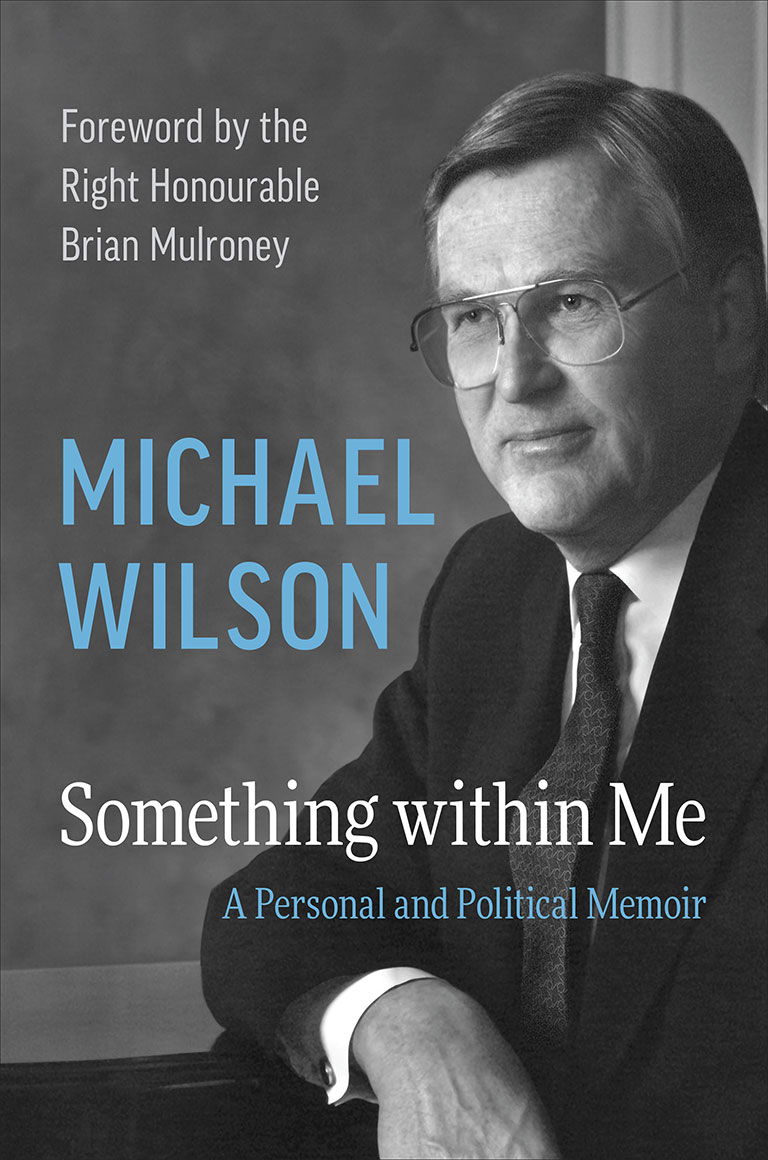
Something within Me
A Personal and Political Memoir
by Michael Wilson
“Something within Me is a candid and compelling look at a transformative time in our country’s history and a man who helped make it so.”
— The Right Honourable Stephen Harper, former Prime Minister of Canada
“Few public officials in Canadian history wrought more fundamental change than Michael Wilson — all while dealing with overwhelming family pressures and tragedies.”
— David Frum, The Atlantic
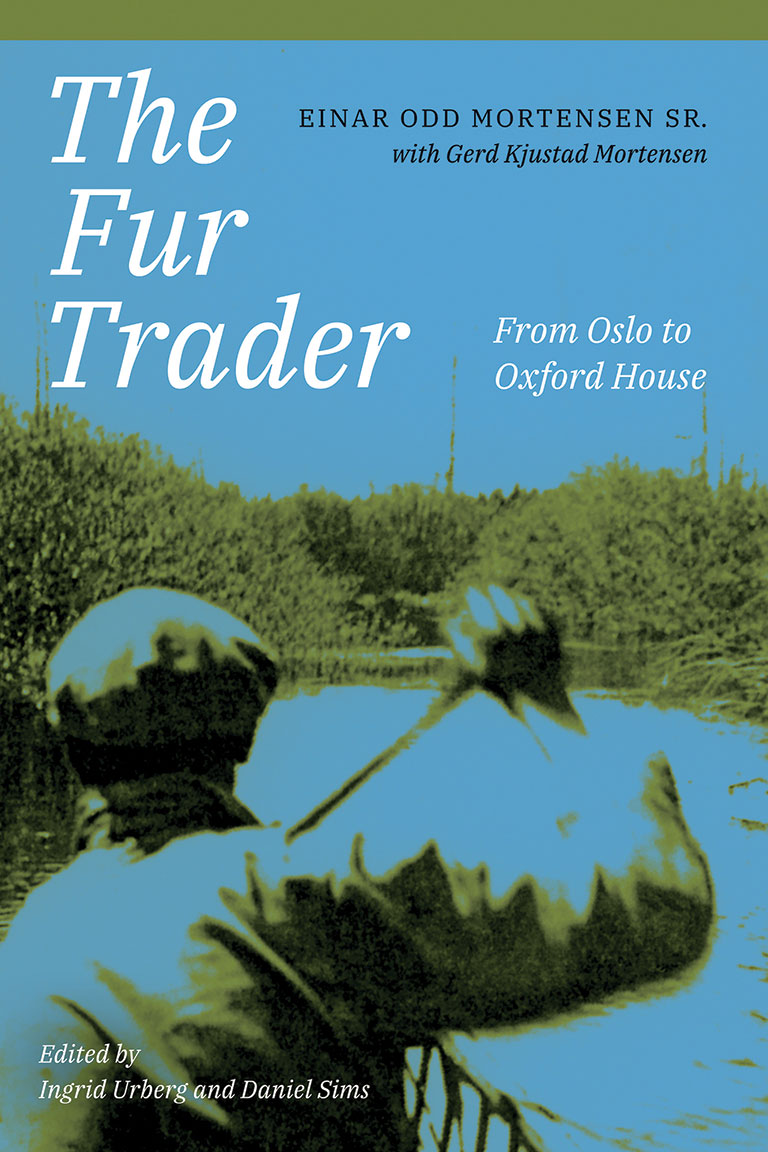
The Fur Trader
From Oslo to Oxford House
by Einar Odd Mortensen Sr. with Gerd Kjustad Mortensen, edited by Ingrid Urberg & Daniel Sims
The Fur Trader is a critical edition of Einar Odd Mortensen Sr.’s personal narrative detailing the years (1925–28) he spent as a free trader at posts in Pine Bluff and Oxford Lake in Manitoba. Mortensen’s original narrative has been translated from Norwegian to English. This is an engaging story about the waning days of the fur trade.
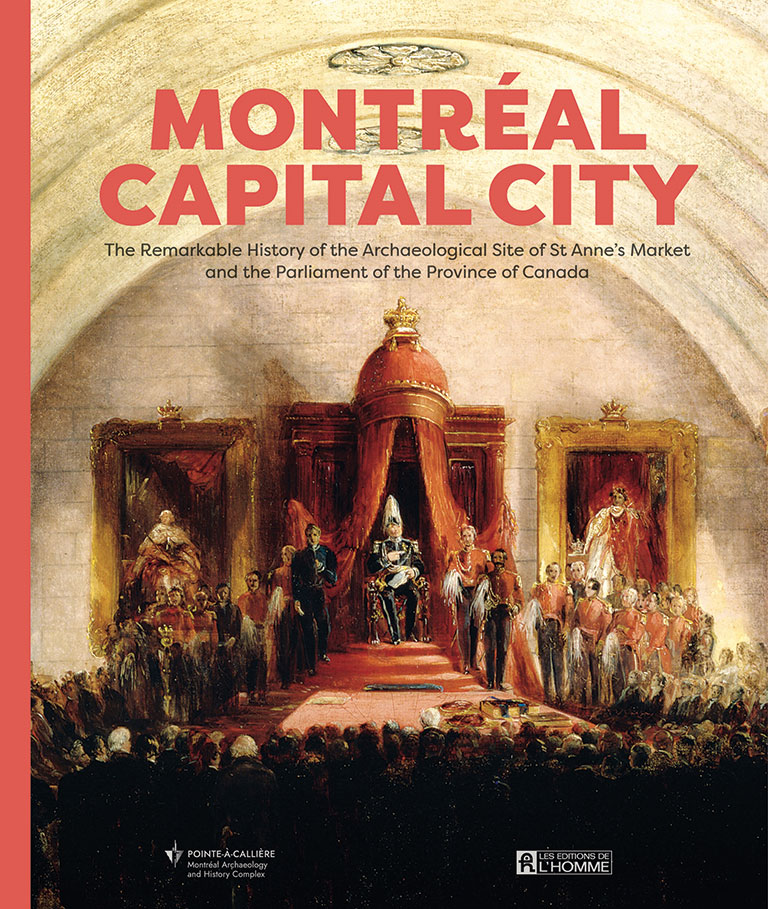
Montréal, Capital City
The Remarkable History of the Archaeological Site of St Anne’s Market and the Parliament of the Province of Canada
by Pointe-à-Callière, Montréal Archaeology and History Complex
Explore a little-known chapter in the history of Montréal, Québec, and Canada through the surprising, exciting, and eventful story told in this collective work by dedicated historians and archaeologists brought together by Pointe-à-Callière.
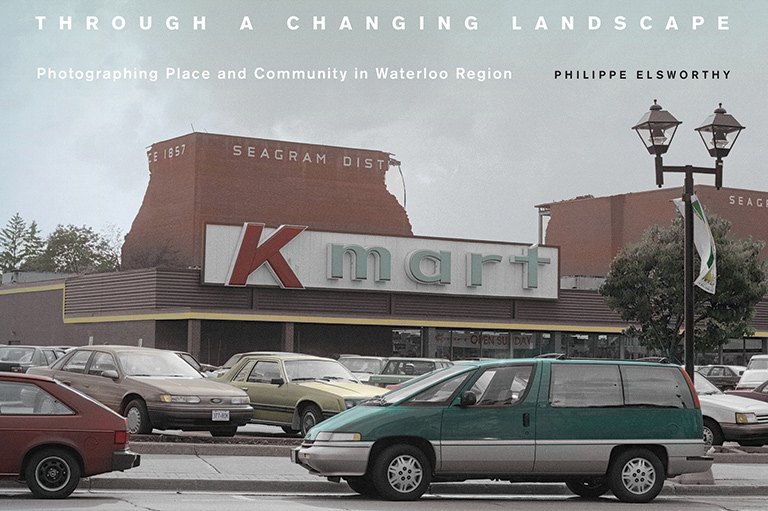
Through a Changing Landscape
Photographing Place and Community in Waterloo Region
by Philippe Elsworthy, afterword by Adam Crerar
Sense of place has been defined as our relationship with places in terms of the emotions, personal experiences, stories they evoke. Elsworthy’s photographs dramatically illustrate how the built form can attract or repel. He invites us into each of his photographs to experience and interpret each scene for ourselves. Over the course of the book, we come to see how community and sense of place are intrinsically and vitally connected.
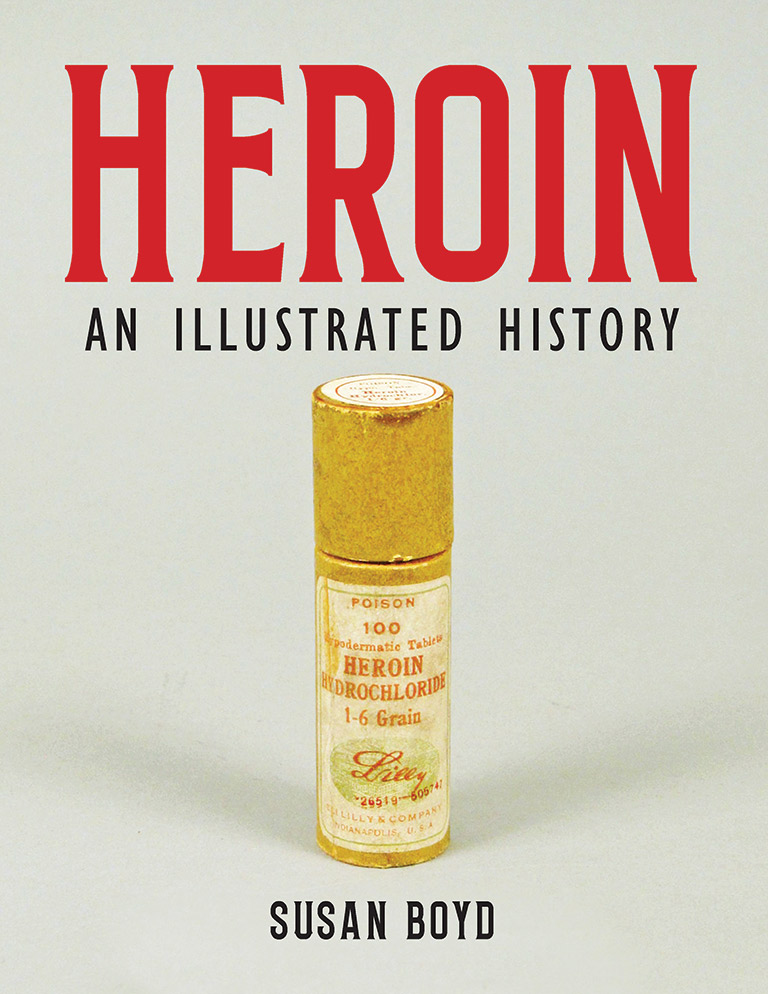
Heroin
An Illustrated History
by Susan Boyd
Heroin is an illustrated history of Canadian heroin regulation over two centuries. Susan Boyd points to our failure to address the overdose death epidemic caused by criminalizing drug users and to the decades of resistance to harm-reduction policies. This book highlights the structural violence of drug policy that uses prohibition and criminalization as the main response to drug use.
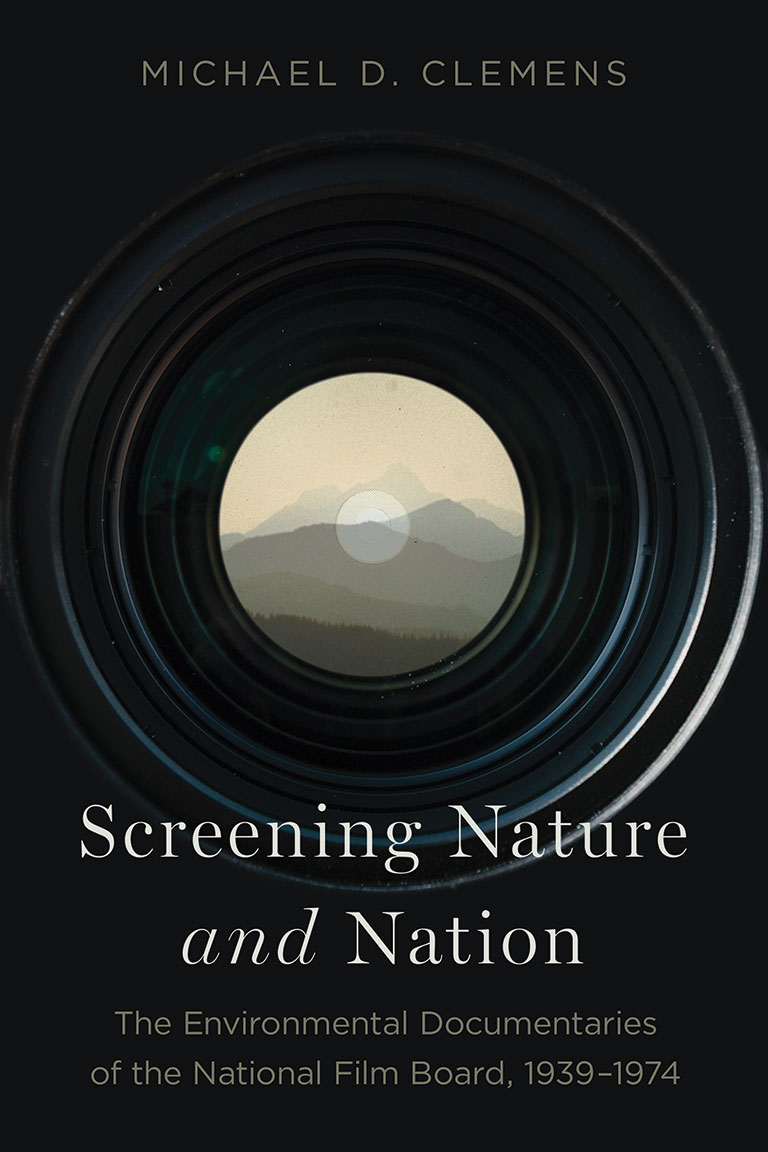
Screening Nature and Nation
The Environmental Documentaries of the National Film Board, 1939–1974
by Michael D. Clemens
A compelling study of the role that the NFB has played in the representation of the Canadian environment. By combining cinematic analysis with historical context, Clemens shows how many documentaries contributed to the Canadian government’s nation-building project while others challenged these perspectives and ultimately inspired an environmental movement.

305 Lost Buildings of Canada
by Raymond Biesinger & Alex Bozikovic
An impossible architectural walking tour that explores the historical and cultural legacies of Canada’s lost buildings. Illustrated by Raymond Biesinger and written by Alex Bozikovic, 305 Lost Buildings of Canada spans the country, its cities and countryside, and its history in this fact-filled compendium full of forgotten stories and lost wonders.
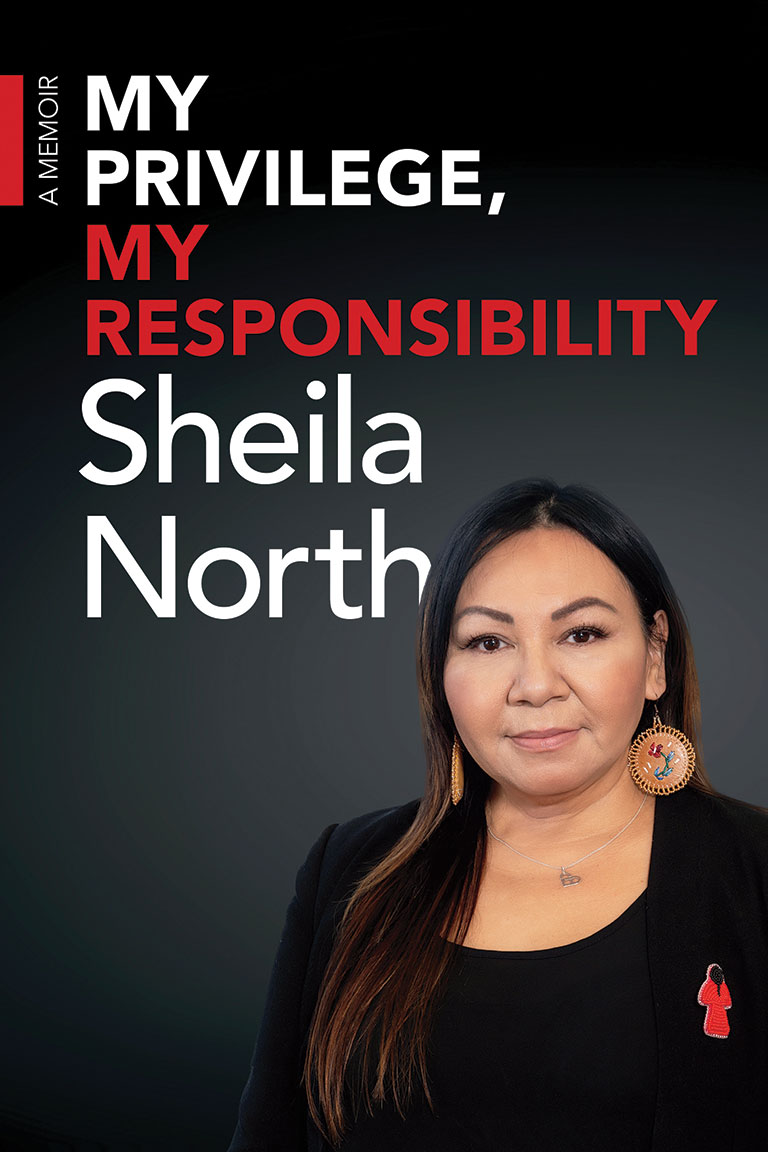
My Privilege, My Responsibility
A Memoir
by Sheila North
In September 2015, Sheila North was declared the Grand Chief of Manitoba Keewatinowi Okimakanak (MKO), the first woman elected to the position. Her memoir shares the stories of the events that shaped her, and the violence that nearly stood in the way of her dreams. Through perseverance and resilience, she not only survived, she flourished.
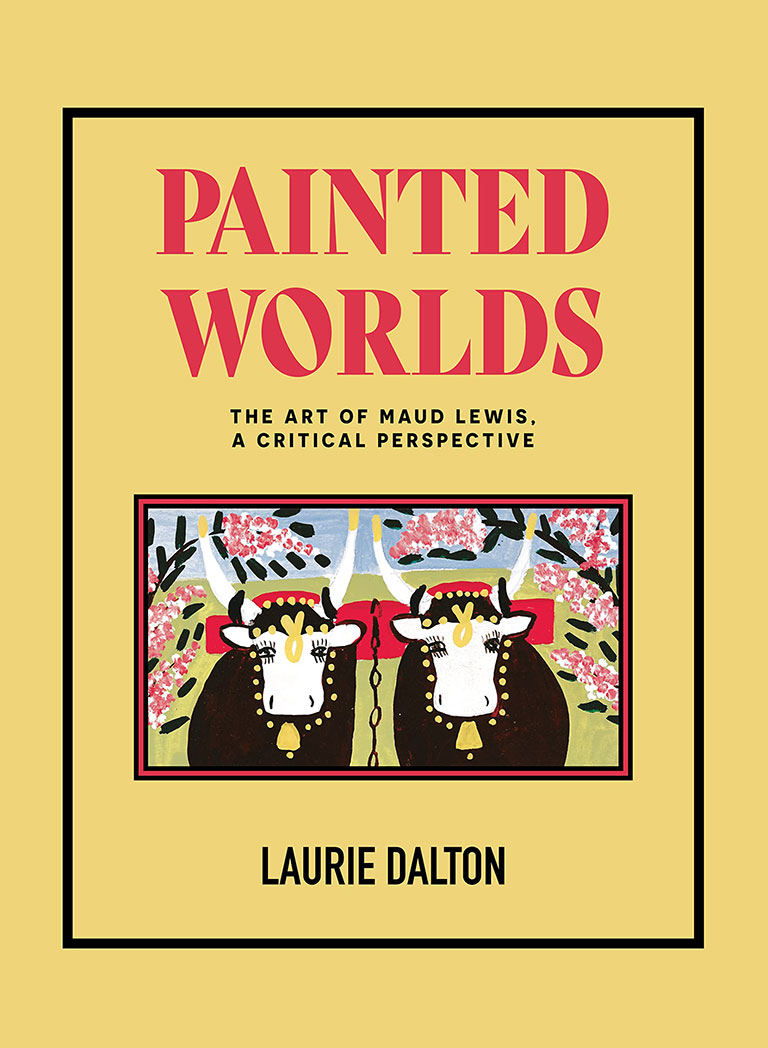
Painted Worlds
The Art of Maud Lewis, A Critical Perspective
by Laurie Dalton
A full-colour, narrative and illustrated critical art history of the works of iconic Nova Scotia artist Maud Lewis. In Painted Worlds, curator and art historian Dr. Laurie Dalton situates Lewis’s work within a wider context of art history.
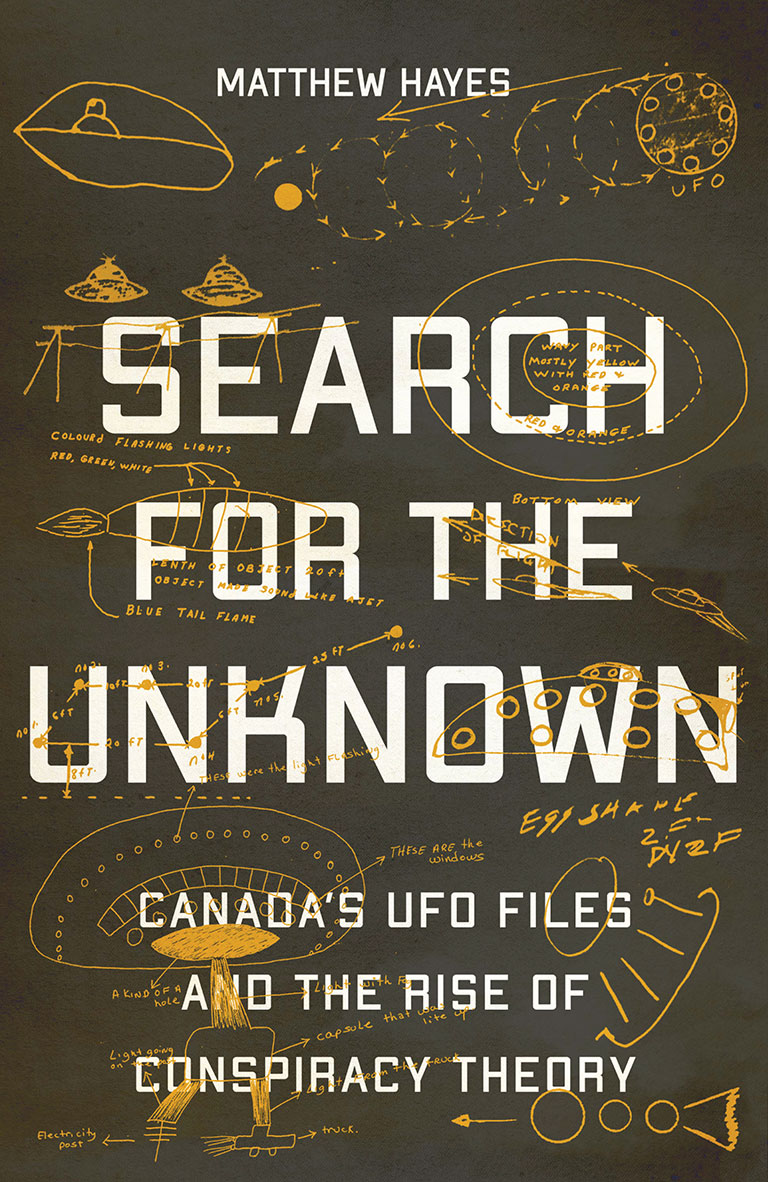
Search for the Unknown
Canada’s UFO Files and the Rise of Conspiracy Theory
by Matthew Hayes
Beginning in the 1950s, alleged sightings of unidentified flying objects in Canadian skies bred tension between the state and its citizens. In Search for the Unknown, Matthew Hayes uncovers the history of the Canadian government’s investigations into reports of UFOs, revealing how these reports were handled, deflected, and defended from 1950 to the 1990s.
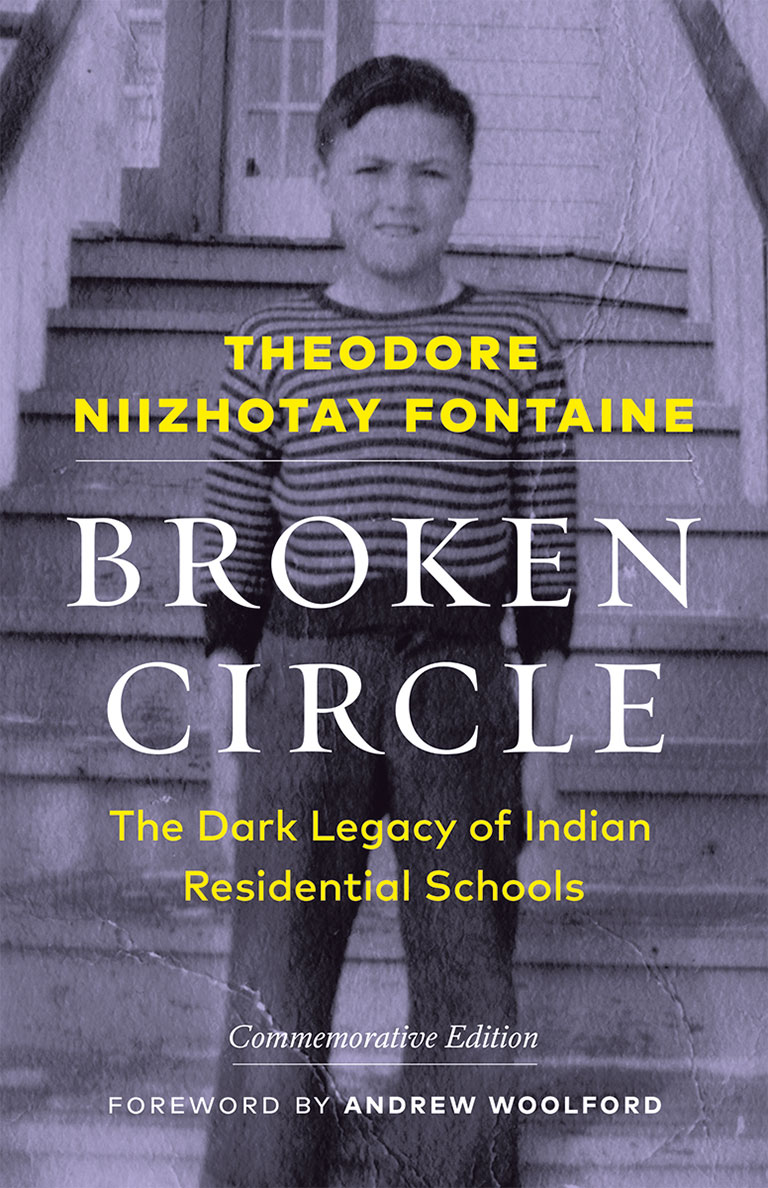
Broken Circle
The Dark Legacy of Indian Residential Schools, Commemorative Edition
by Theodore Niizhotay Fontaine
Originally published in 2010, Broken Circle: The Dark Legacy of Indian Residential Schools chronicles the impact of Theodore Fontaine’s harrowing experiences at Fort Alexander and Assiniboia Indian Residential Schools, including psychological, emotional, and sexual abuse; disconnection from his language and culture; and the loss of his family and community.
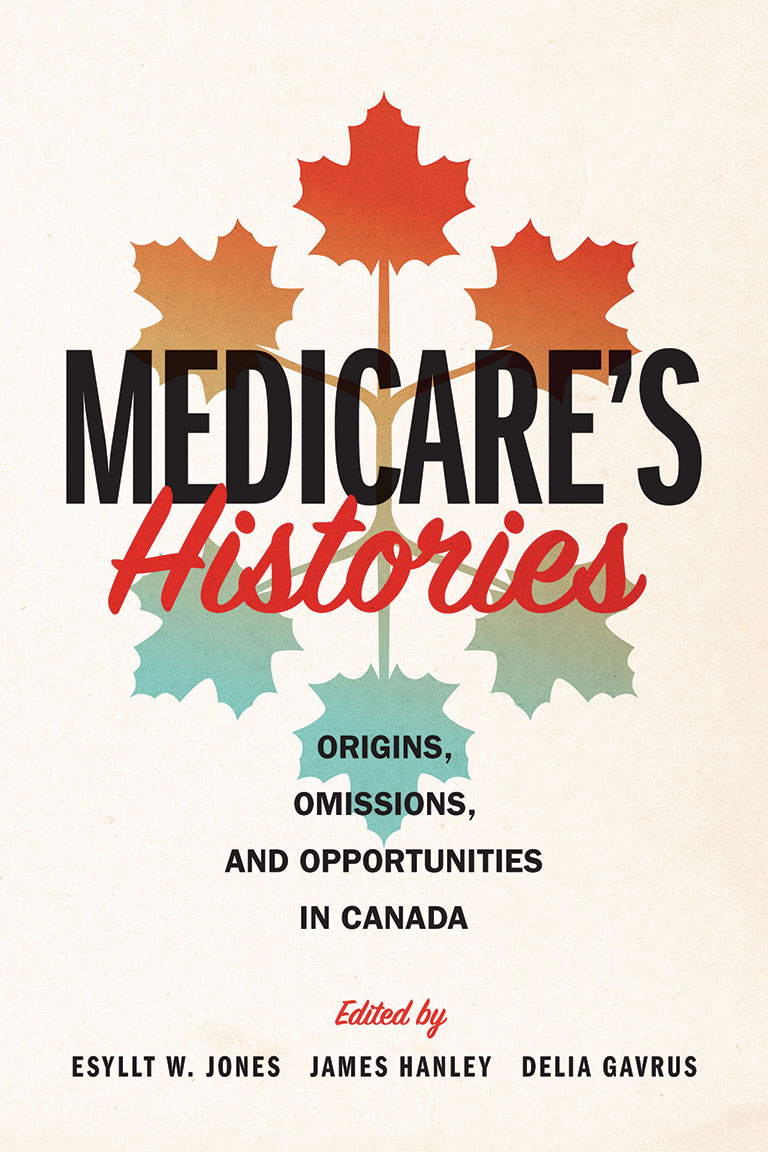
Medicare’s Histories
Origins, Omissions, and Opportunities in Canada
edited by Esyllt W. Jones, James Hanley, and Delia Gavrus
As COVID lays bare social inequities and the inadequacies of health care delivery and public health, Medicare's Histories shows what was excluded and what was — and is — possible in health care.
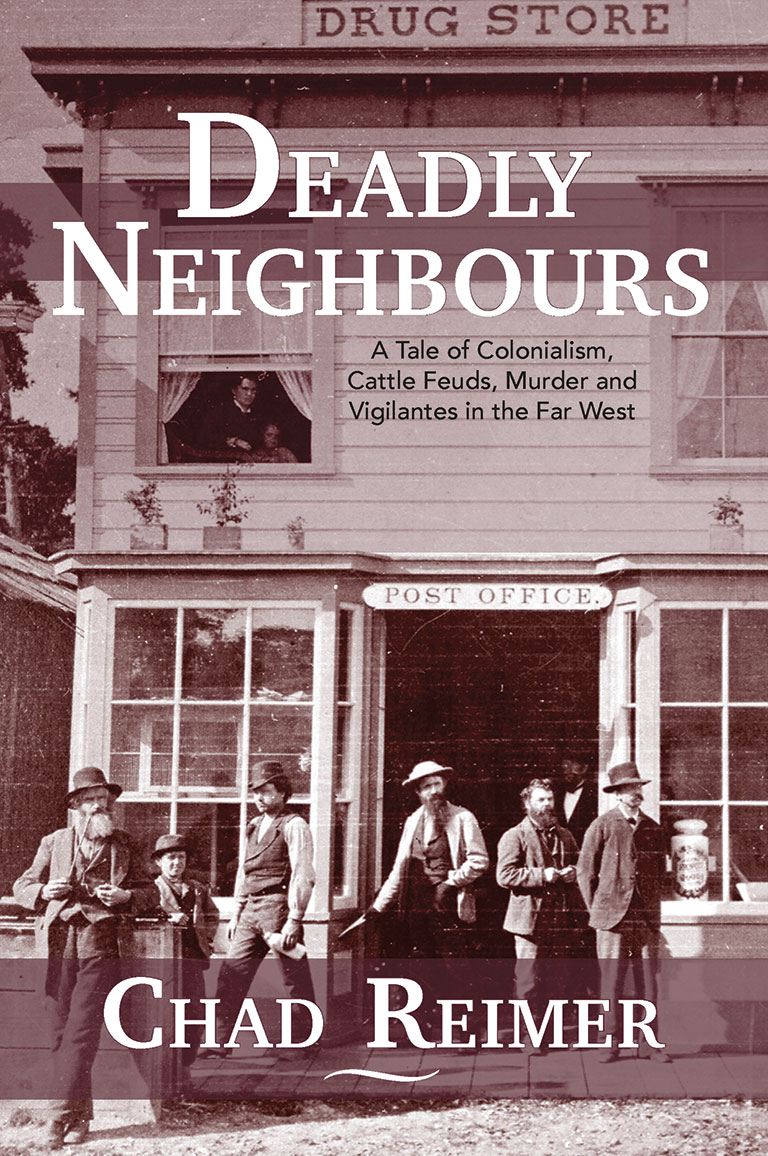
Deadly Neighbours
A Tale of Colonialism, Cattle Feuds, Murder and Vigilantes in the Far West
by Chad Reimer
“An important corrective for the colonial nostalgia that still stubbornly depicts B.C. pioneer settlers as mere pawns of powerful elite….”
— Keith Carlson
In Deadly Neighbours, Reimer shines a spotlight on one of Canada’s most shocking and misunderstood moments of violence — the murder of Louie Sam, an Indigenous teenager.
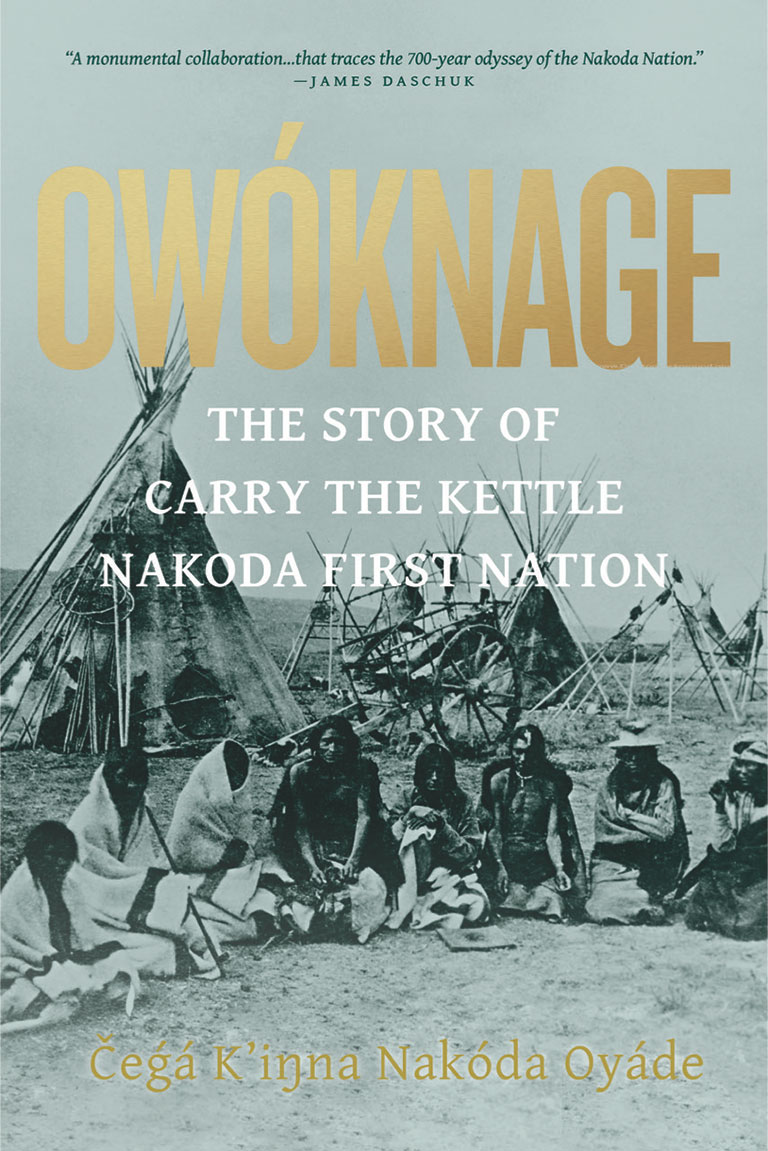
Owóknage
The Story of Carry the Kettle Nakoda First Nation
by Carry the Kettle First Nation
Born out of a well-researched land-use study, Owóknage (A Telling of Stories) is the first book to tell the comprehensive story of the Nakoda people in their own words. From pre-contact to contemporary life, from thriving on the Great Plains to a forced starvation march from their traditional lands to their current First Nation reserve, this is their story of resilience and resurgence.
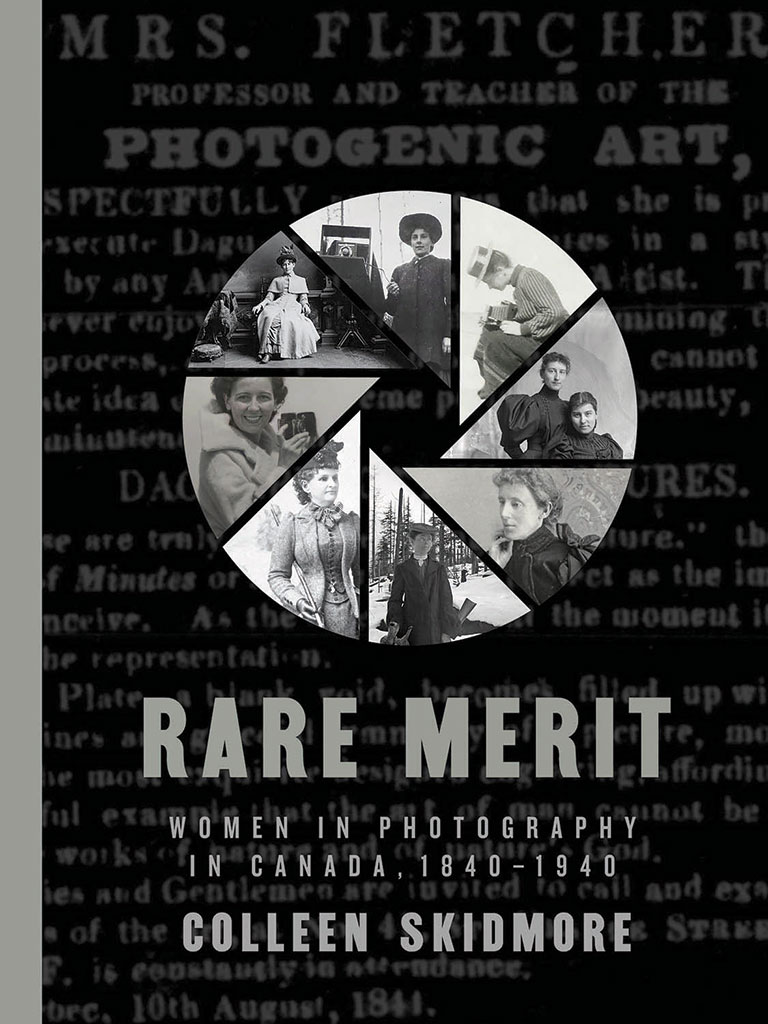
Rare Merit
Women in Photography in Canada, 1840–1940
by Colleen Skidmore
Rare Merit illuminates the impact of women as portraitists, travel documentarians, photojournalists, fine artists, hobbyists, and printers in the early years of photography in Canada. Colleen Skidmore surveys the professional lives and photographs of nearly eighty women, from Lucy Maude Montgomery on Prince Edward Island to Élise Livernois in Quebec City, and from Margaret Bourke-White in the Arctic to Hannah Maynard on Vancouver Island.
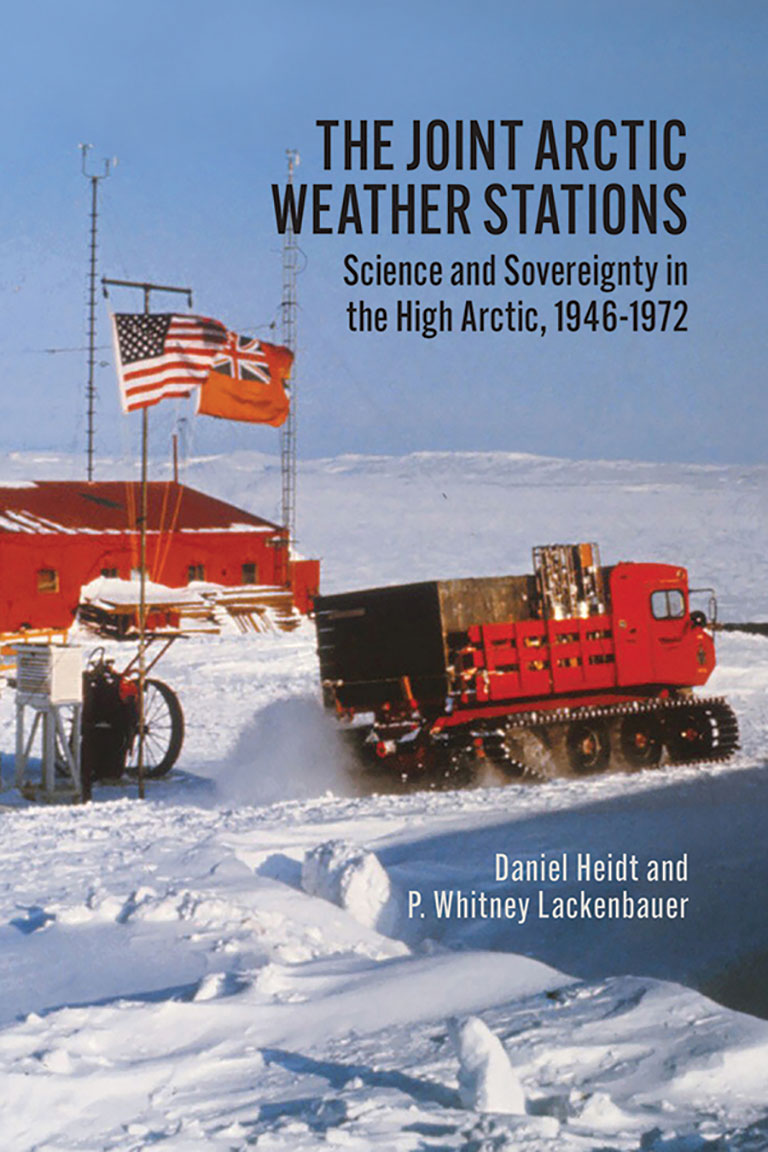
The Joint Arctic Weather Stations
Science and Sovereignty in the High Arctic, 1946-1972
by Daniel Heidt and P. Whitney Lackenbauer
This is the first systematic account of the Joint Arctic Weather Stations (JAWS), a collaborative science program between Canada and the United States that created a distinctive state presence in the Canadian Arctic Archipelago from 1946 to 1972 and revealed the possibilities and limits of modernity in the High Arctic.
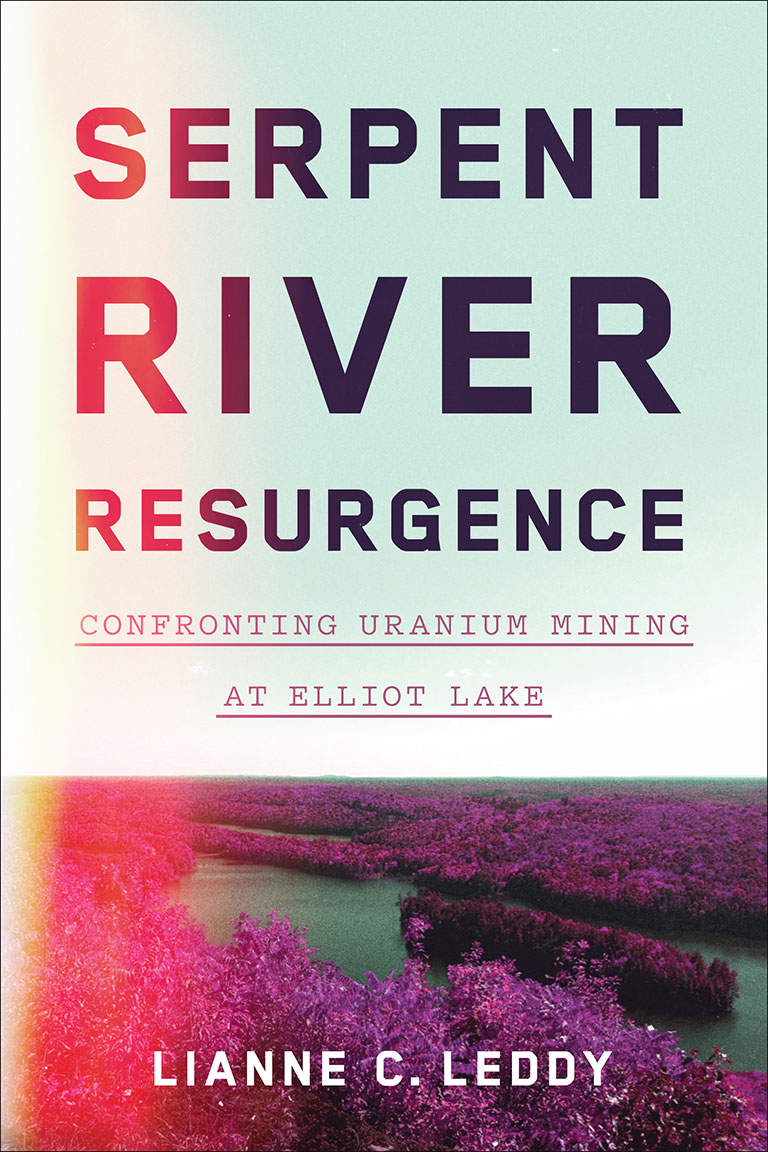
Serpent River Resurgence
Confronting Uranium Mining at Elliot Lake
by Lianne C. Leddy
“A must-read for any person wanting to engage in reconciliation and to understand that First Nations people have been on the front lines of resource development and have suffered the consequences.”
— Chief Brent (Nodini’inini) Bissaillion, Chief of the Serpent River First Nation
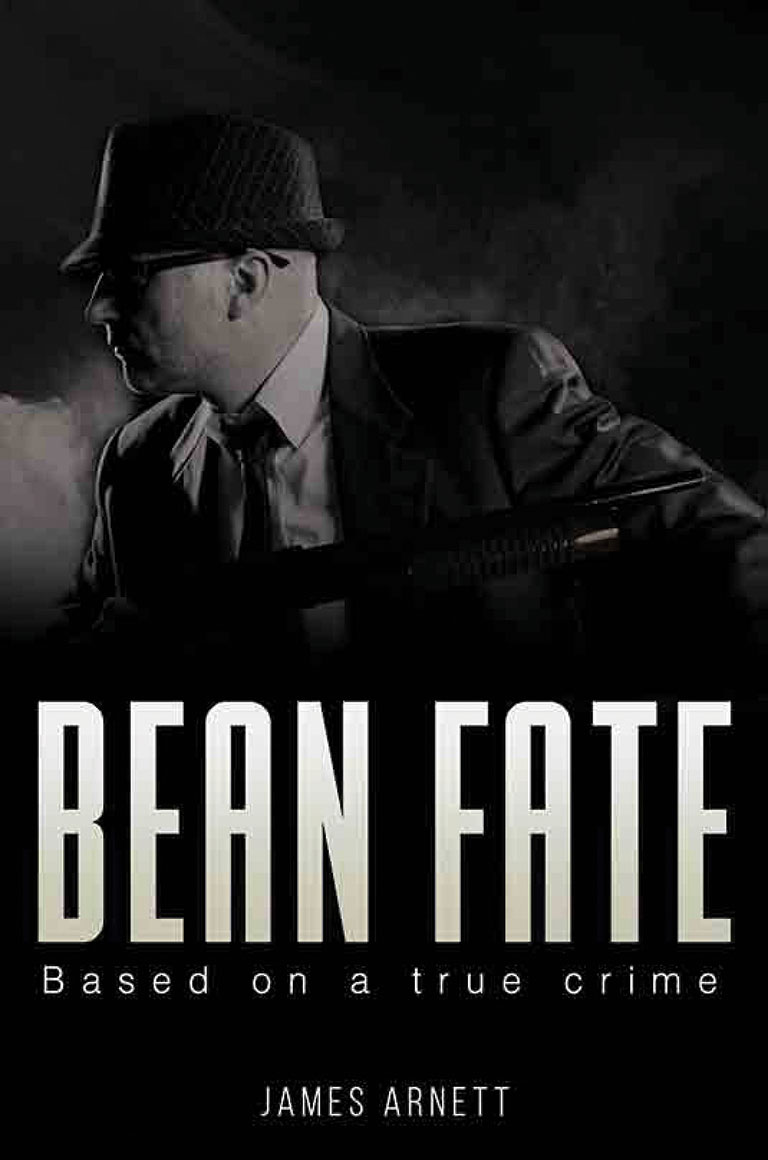
Bean Fate
Based on a True Crime
by James Arnett
A shocking Prohibition-era murder in a dusty Saskatchewan border town inflames the public’s suspicions about links between the politicians and Al Capone and the Chicago mob. When rookie cop Jack Ross’s investigation gets too close to the truth, he’s pulled off the case. Then he goes rogue. Based on a true crime, Bean Fate is the first work of fiction by James Arnett, a former lawyer, executive and Chair of Canada’s History Society.
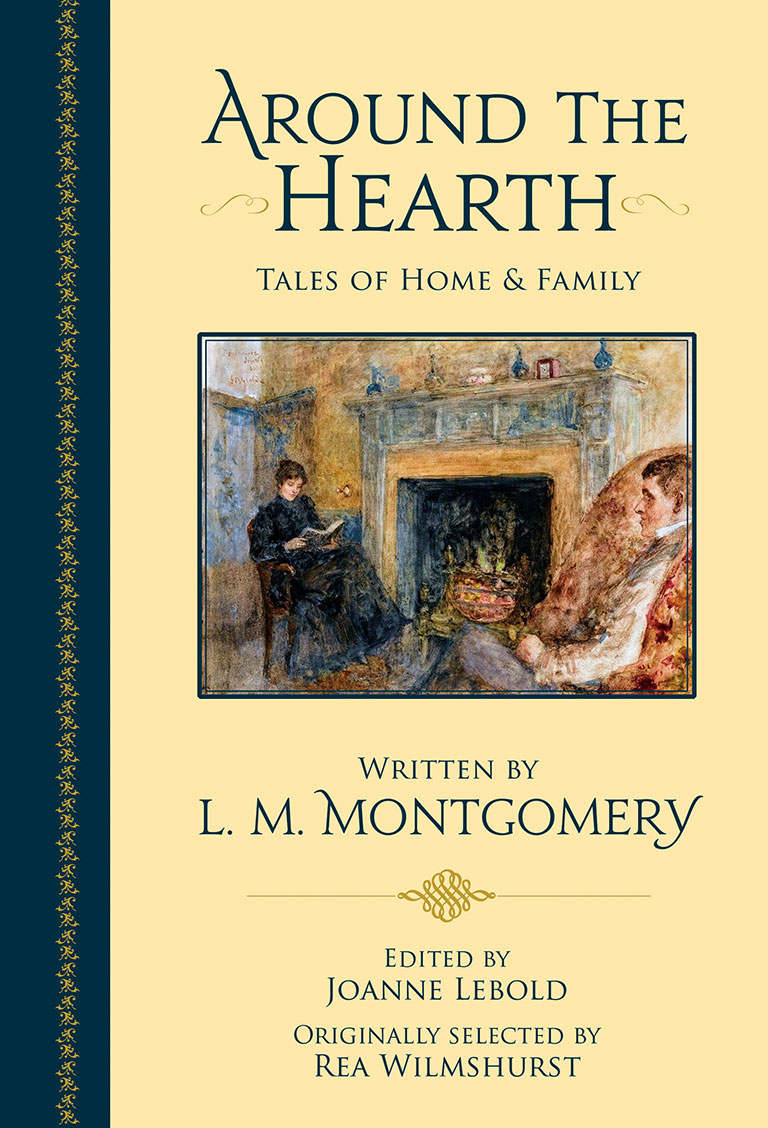
Around the Hearth
Tales of Home and Family
by L.M. Montgomery, edited by Joanne (Wood) Lebold
Although best known for creating the spirited Anne Shirley, L. M. Montgomery had a thriving writing career that included hundreds of short stories and poems. Around the Hearth is a continuation of the Montgomery short story collections edited by Rea Wilmshurst in the late 1980s and the early 1990s. As with Anne, who found a warm and welcoming home and family at Green Gables, these stories focus on homes and families, and the happiness and love people receive from them.
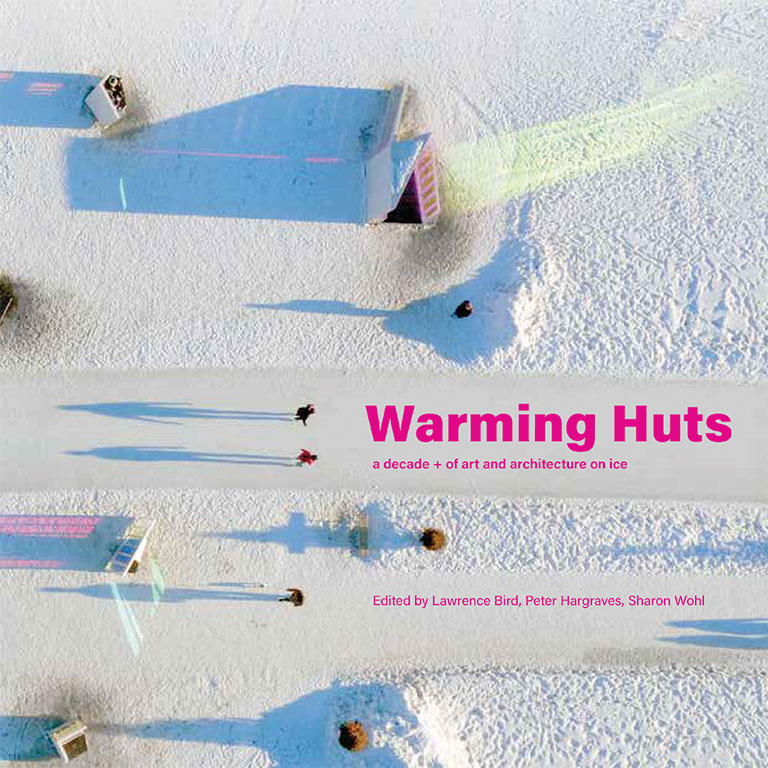
Warming Huts
a decade + of art and architecture on ice
edited by Lawrence Bird, Peter Hargraves, and Sharon Wohl
The Warming Huts is a public art and architecture installation held annually at midwinter on the major rivers of Winnipeg. Projects are selected through an international design competition and via the invitation of selected designers or artists. This book, published to coincide with the tenth anniversary, celebrates and discusses the event as a critical body of work foregrounding the poetics and politics of public space.
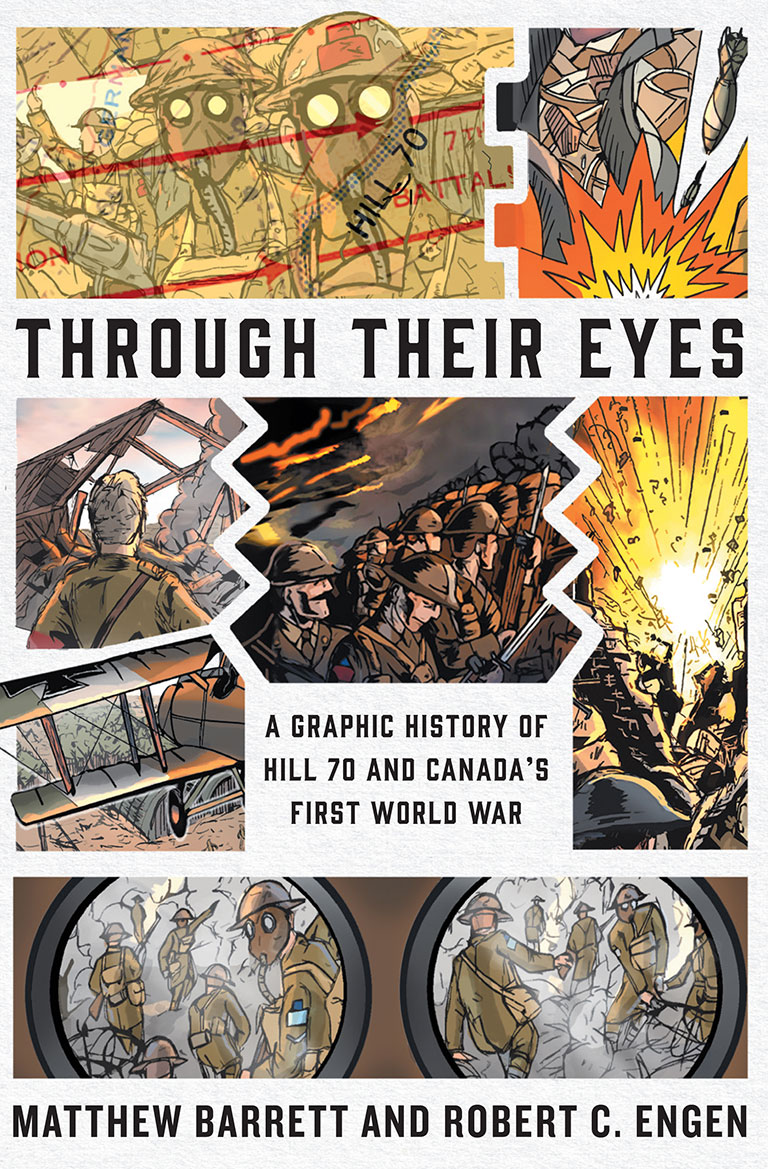
Through Their Eyes
A Graphic History of Hill 70 and Canada’s First World War
by Matthew Barrett and Robert C. Engen
Through Their Eyes imagines the experiences of Canadian soldiers during the First World War through graphic artwork and illustration. To help break the stalemate of trench warfare, the Canadian Corps commander, Lieutenant-General Arthur Currie, was tasked with capturing Hill 70, A German stronghold near the French town of Lens. Through Their Eyes depicts this remarkable but costly victory in a unique way.
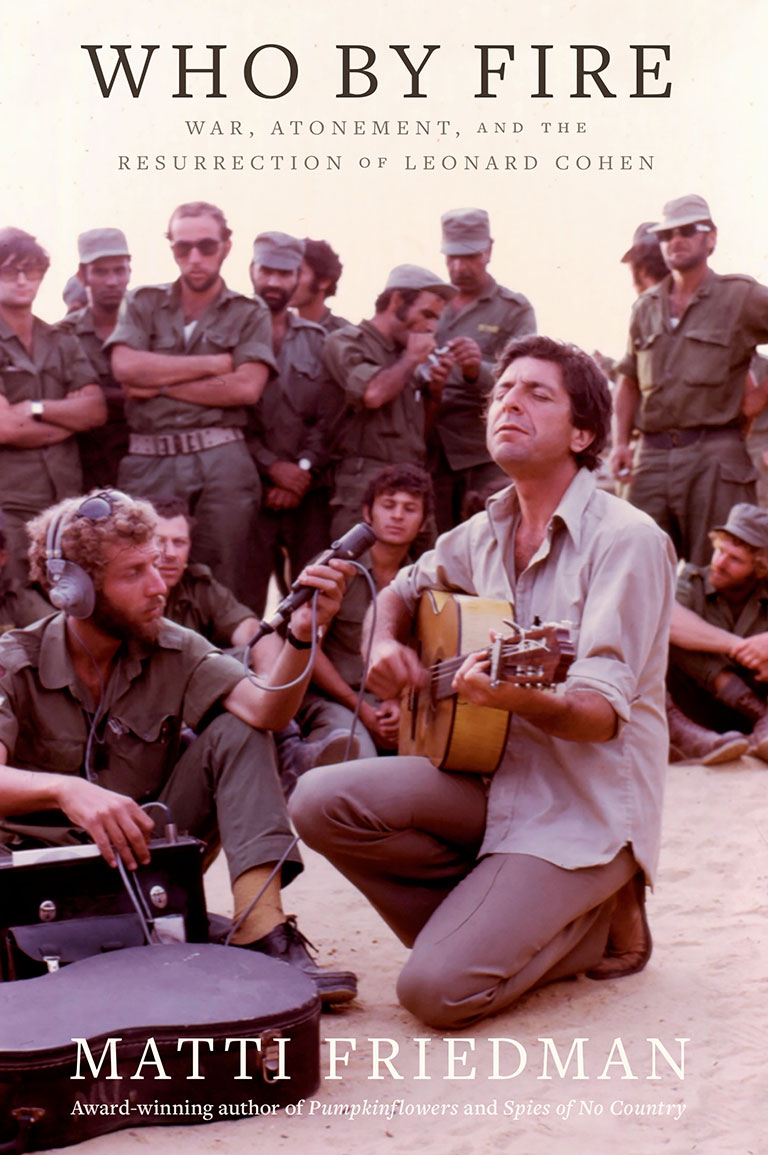
Who By Fire
War, Atonement, and the Resurrection of Leonard Cohen
by Matti Friedman
From journalist Matti Friedman comes the incredible, never-before-told story of Leonard Cohen’s 1973 tour of Israel during the Yom Kippur War. With access to never-before-seen material written by Cohen himself, Friedman brings us close to one the greatest voices of our times, and gives us a rare glimpse of war, faith, and belonging.
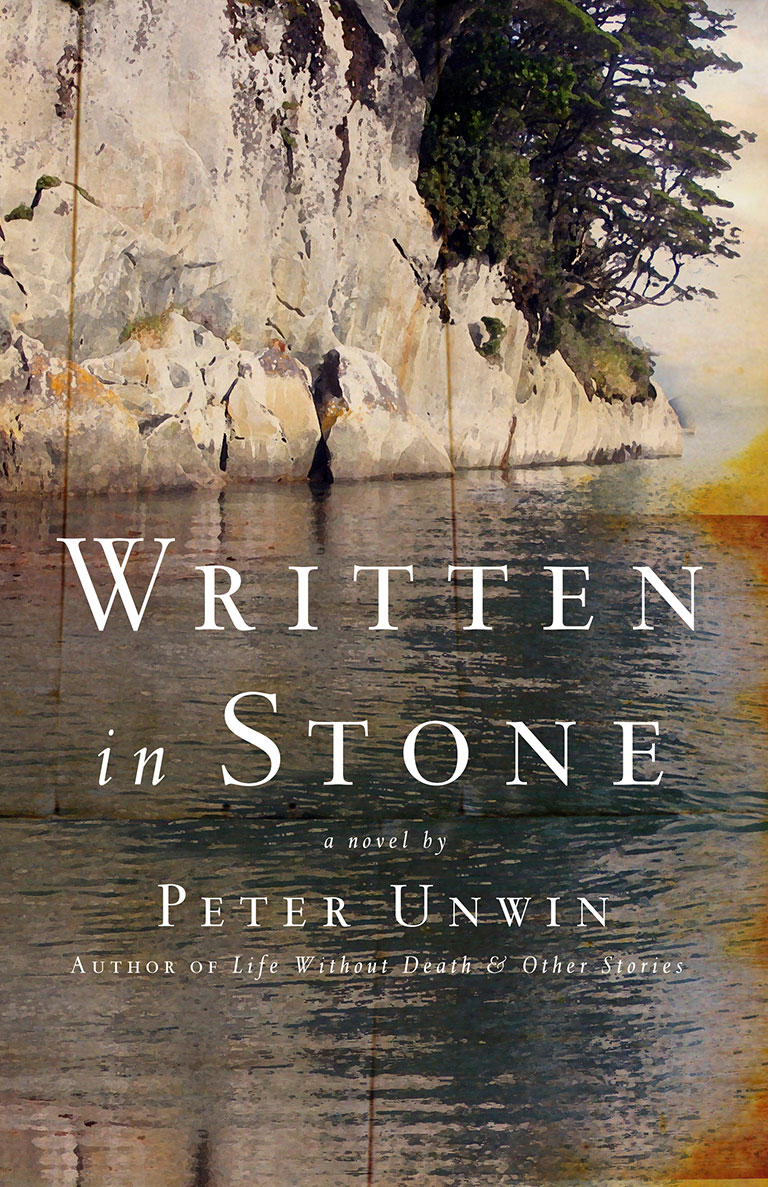
Written in Stone
A Novel
by Peter Unwin
“Together, Linda and Paul set up competing stories of Canada as they try to relate to the land and its complex past, as well as to each other. ‘History. You can’t live without it,’ Linda’s father used to say. Of course, living holds the true meaning.”
— L. Krotz, Literary Review of Canada
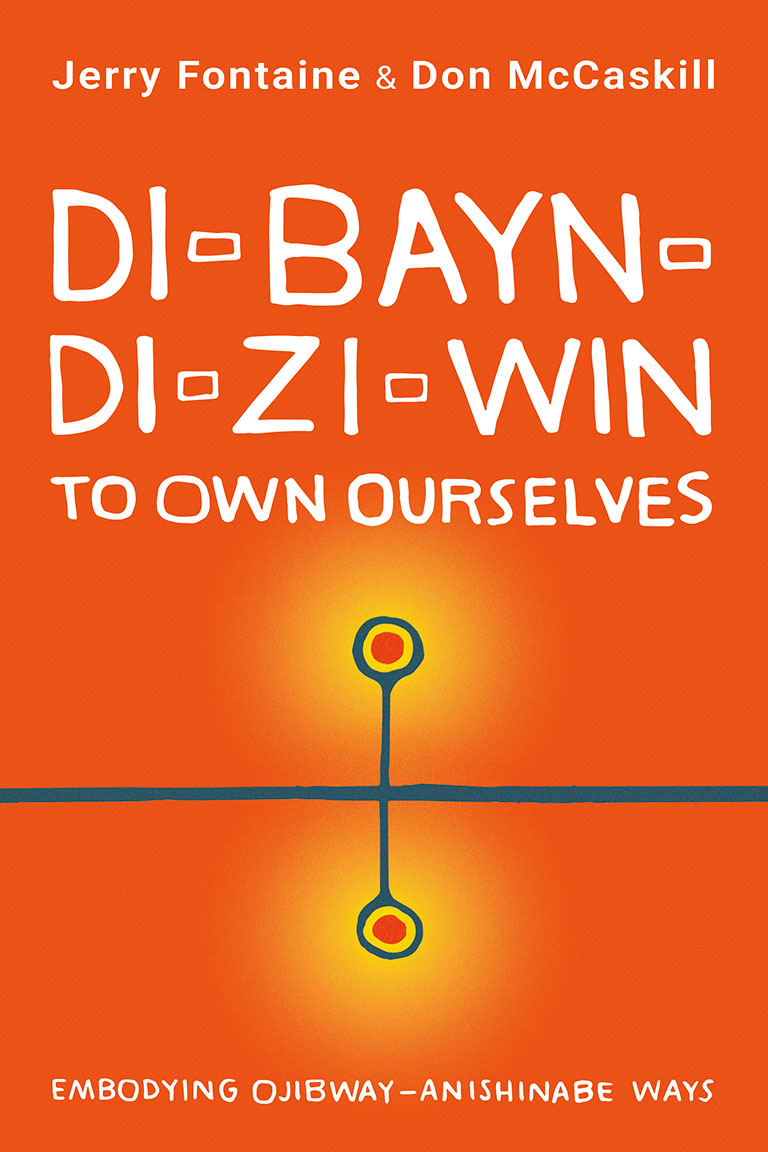
Di-Bayn-Di-Zi-Win (To Own Ourselves)
Embodying Ojibway-Anishinabe Ways
by Jerry Fontaine and Don McCaskill
An exploration that provides insight into the cultural, political, social, and academic events of the past fifty years of Ojibway-Anishinabe resistance in Canada. Authors Makwa Ogimaa (Jerry Fontaine) and Ka-pi-ta-aht (Don McCaskill) suggest that Ojibway-Anishinabe i-zhi-chi-gay-win zhigo kayn-dah-so-win (ways of doing and knowing) can provide an alternative way of living and thriving in the world.
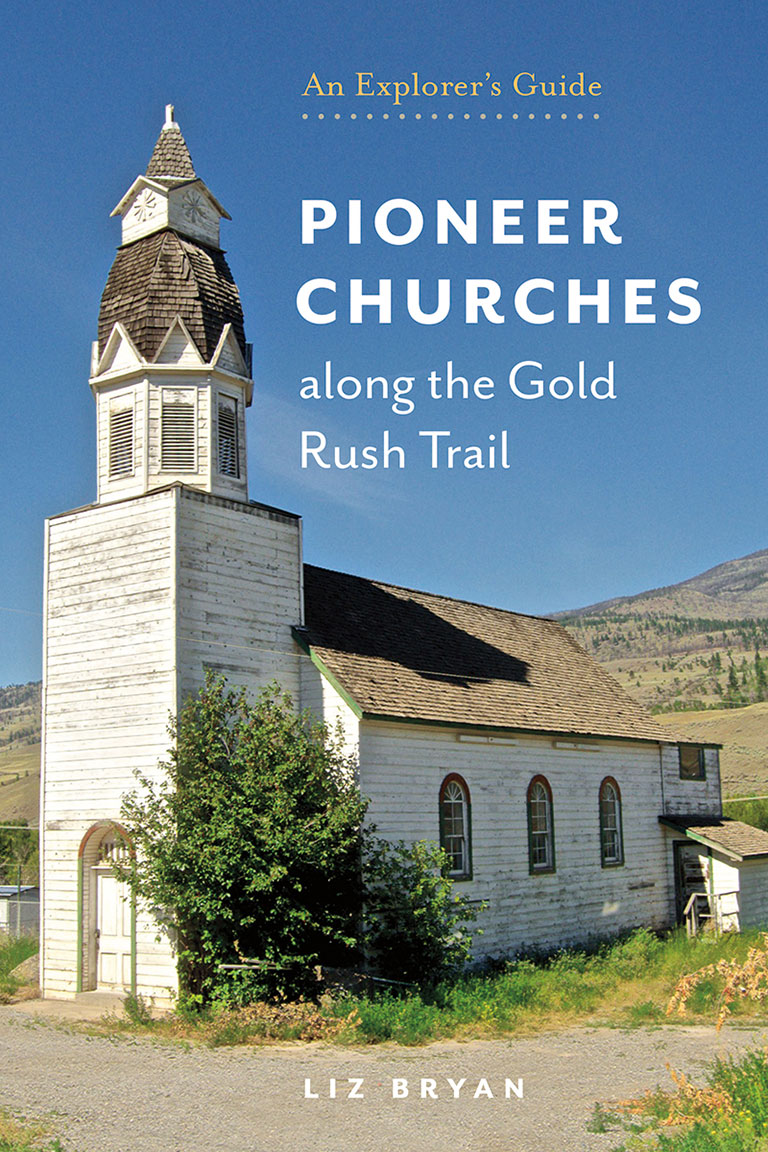
Pioneer Churches along the Gold Rush Trail
An Explorer’s Guide
by Liz Bryan
A fascinating tour through B.C.’s historical gold rush trails, focusing on the nineteenth-century churches that were pivotal to the establishment of early settler communities. Much has been written about the Cariboo gold rush—from the trails and wagon roads to the rowdy mining camps, from tales of great luck to those of disappointment and despair. This book paints a different picture of those pioneer days.
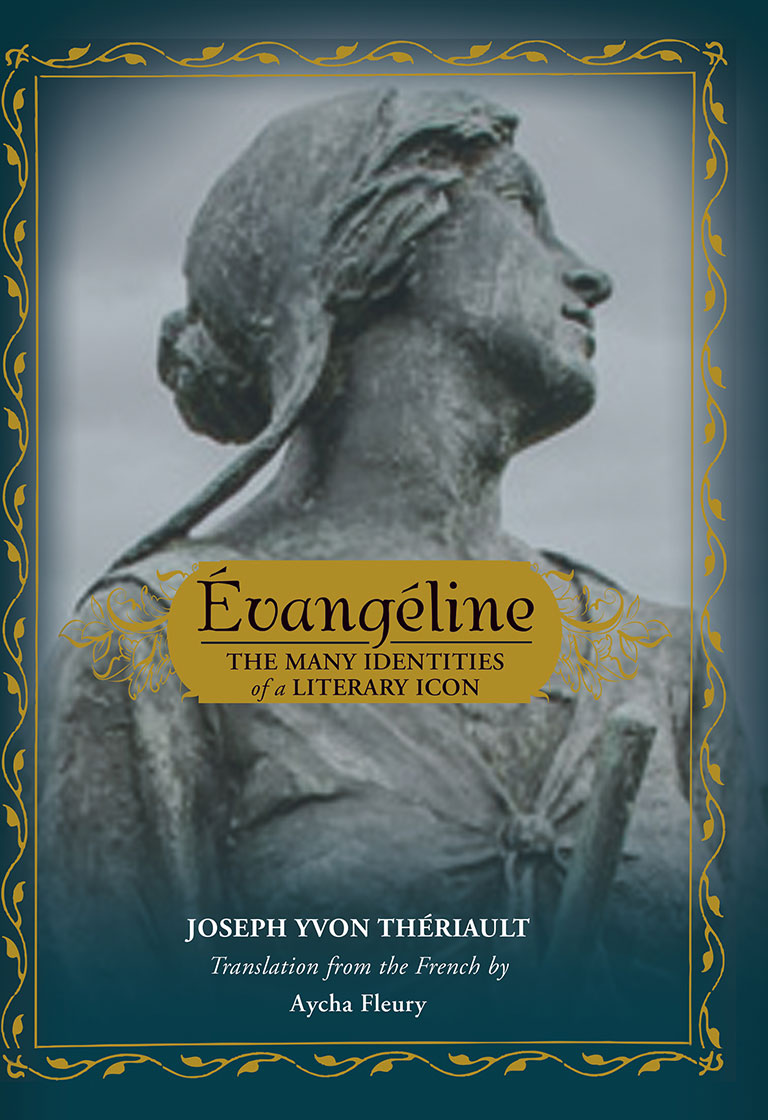
Évangéline
The Many Identities of a Literary Icon
by Joseph Yvon Thériault
A thorough exploration of the role of Longfellow’s literary icon Évangéline and her role in the North American cultural landscape is available for the first time in English. The eponymous character of Henry Wadsworth Longfellow’s epic poem Évangéline is an Acadian girl searching for her long-lost love, Gabriel, during the Expulsion of the Acadians (1755–1764).
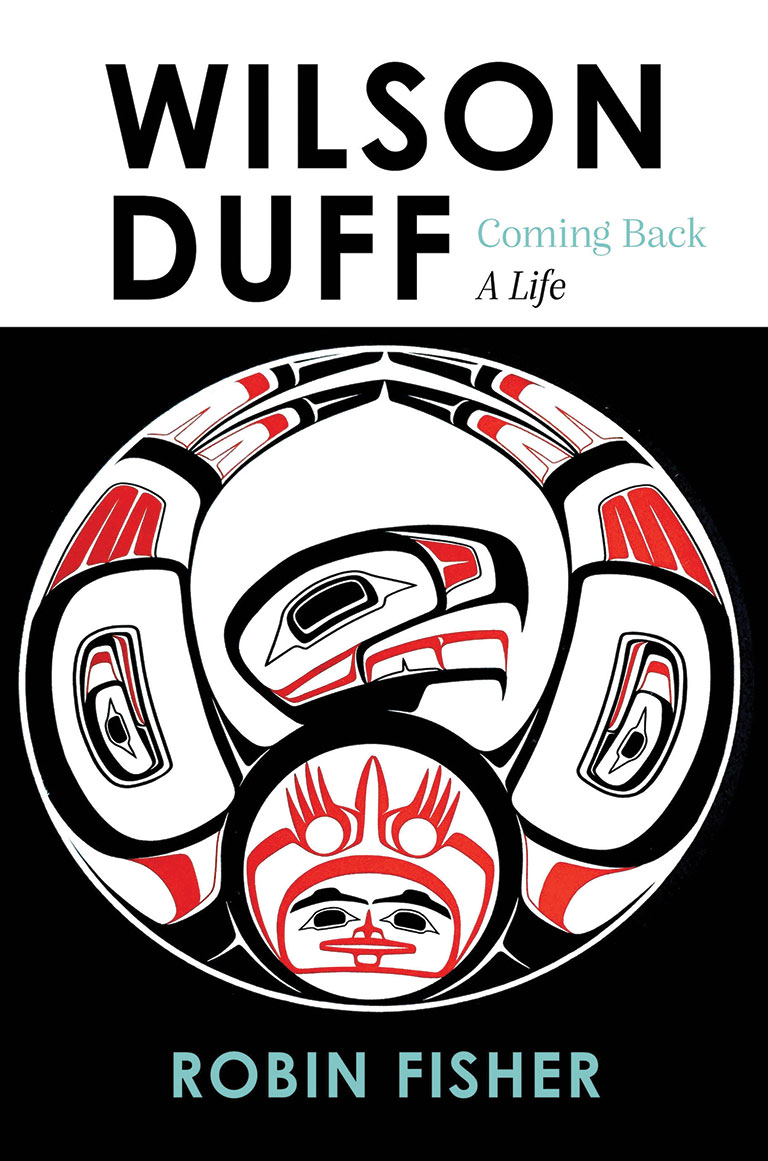
Wilson Duff
Coming Back, a Life
by Robin Fisher
From Robin Fisher, here is the biography of Wilson Duff, an anthropologist remembered for his research into the cultures and art of the Northwest Coast, as well as his contributions to research methodologies in the field of anthropology.
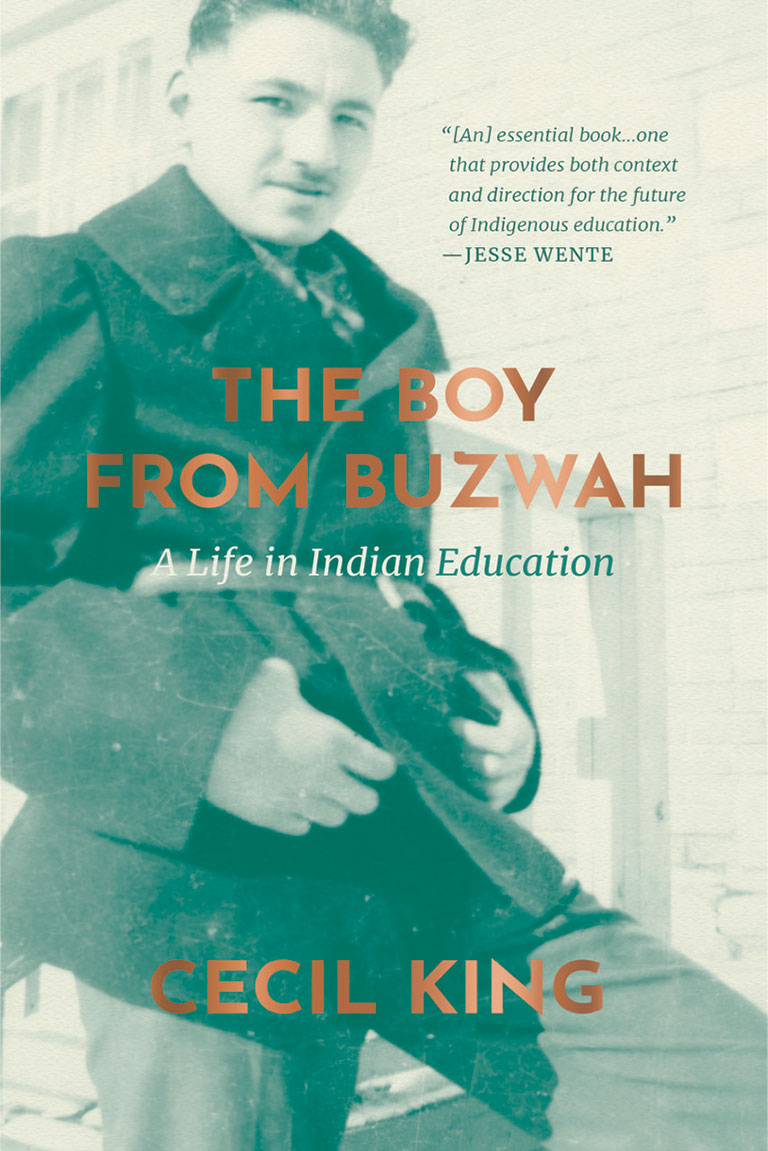
The Boy from Buzwah
A Life in Indian Education
by Cecil King
Cecil King grew up in Buzwah, Ont., situated on Wikwemikong Unceded Indian Reserve on Manitoulin Island. After attending residential school, King would follow his dream of becoming a teacher. However, he quickly became disillusioned with the curriculum and how inadequately it resonated with on-reserve youth and the realities of Indigenous life. Thus began King’s unparalleled work to ensure Indian control of Indian education in Canada.
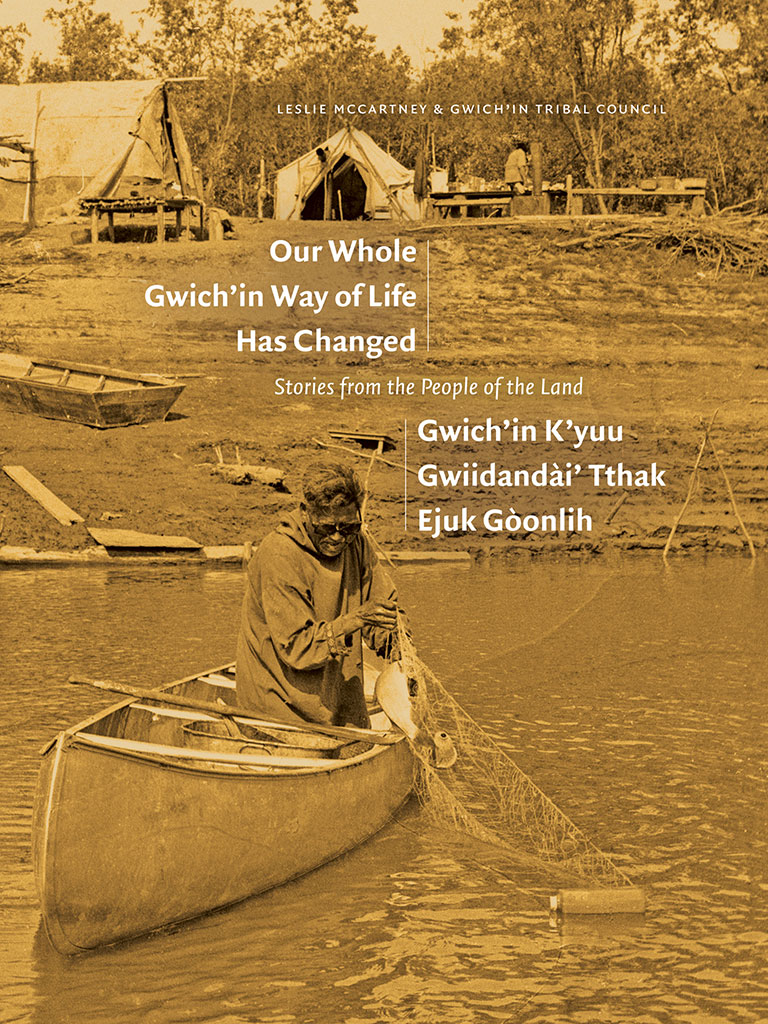
Our Whole Gwich’in Way of Life Has Changed / Gwich’in K’yuu Gwiidandài’ Tthak Ejuk Gòonlih
Stories from the People of the Land
Leslie McCartney & Gwich’in Tribal Council
This invaluable compilation of historical and cultural information documents the biographies of the oldest Gwich’in Elders in the Gwich’in Settlement Region. Through their own stories, twenty-three Gwich’in Elders from Fort McPherson, Tsiigehtshik, Inuvik, and Aklavik share their joy of living and travelling on the land. Their distinctive voices speak to their values, world views, and knowledge, while McCartney provides context and background.
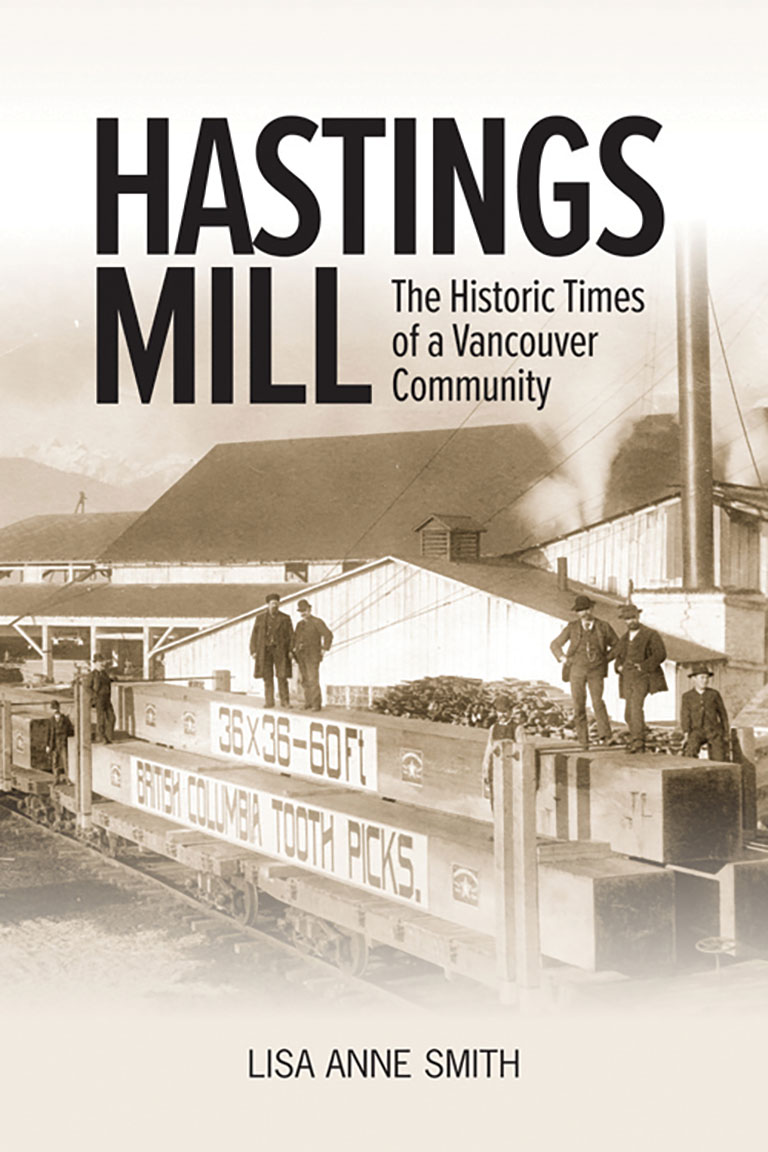
Hastings Mill
The Historic Times of a Vancouver Community
by Lisa Anne Smith
Hastings Mill witnessed the birth of Vancouver, B.C., in 1865. The store, where people socialized and obtained supplies, was the heart of the community—until the city outgrew the mill. In 1930, the store was sentenced to demolition. Luckily, a group of determined ladies refused to let that happen.
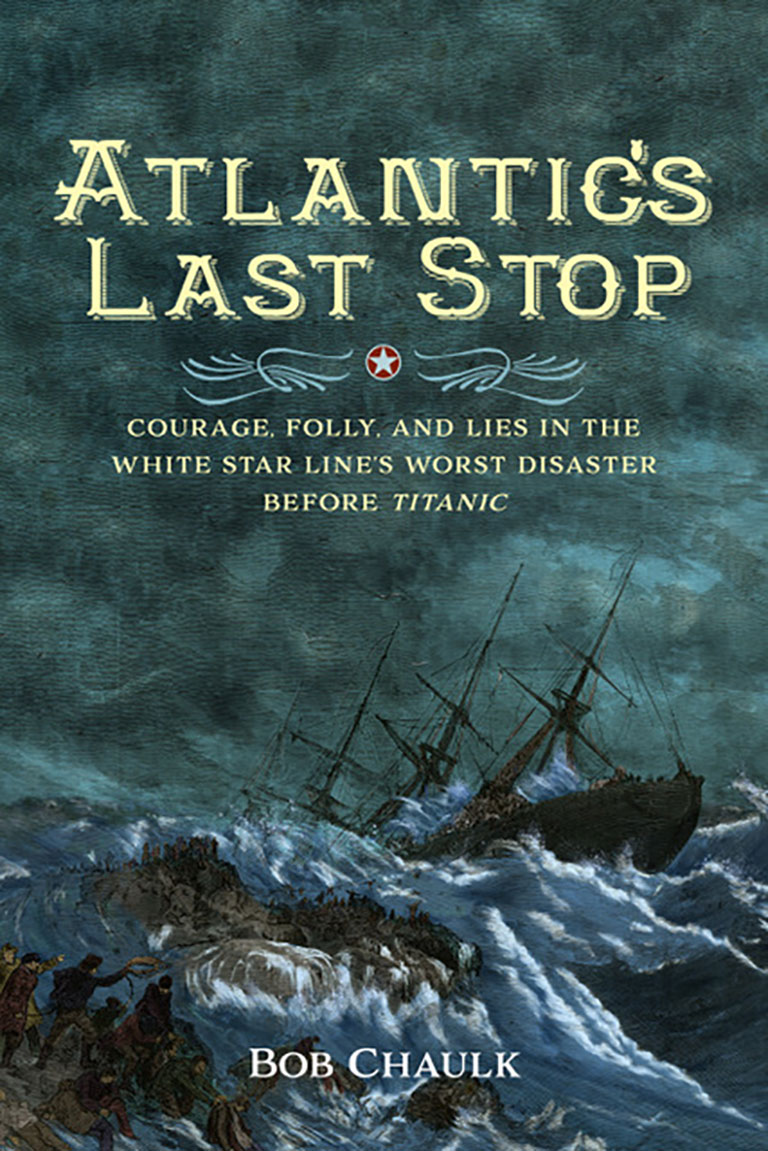
Atlantic’s Last Stop
Courage, Folly, and Lies in the White Star Line’s Worst Disaster Before Titanic
by Robert G. Chaulk
The long-awaited, definitive, shocking history of SS Atlantic, the worst shipwreck in Nova Scotia’s history, authored by the vessel’s recognized authority.
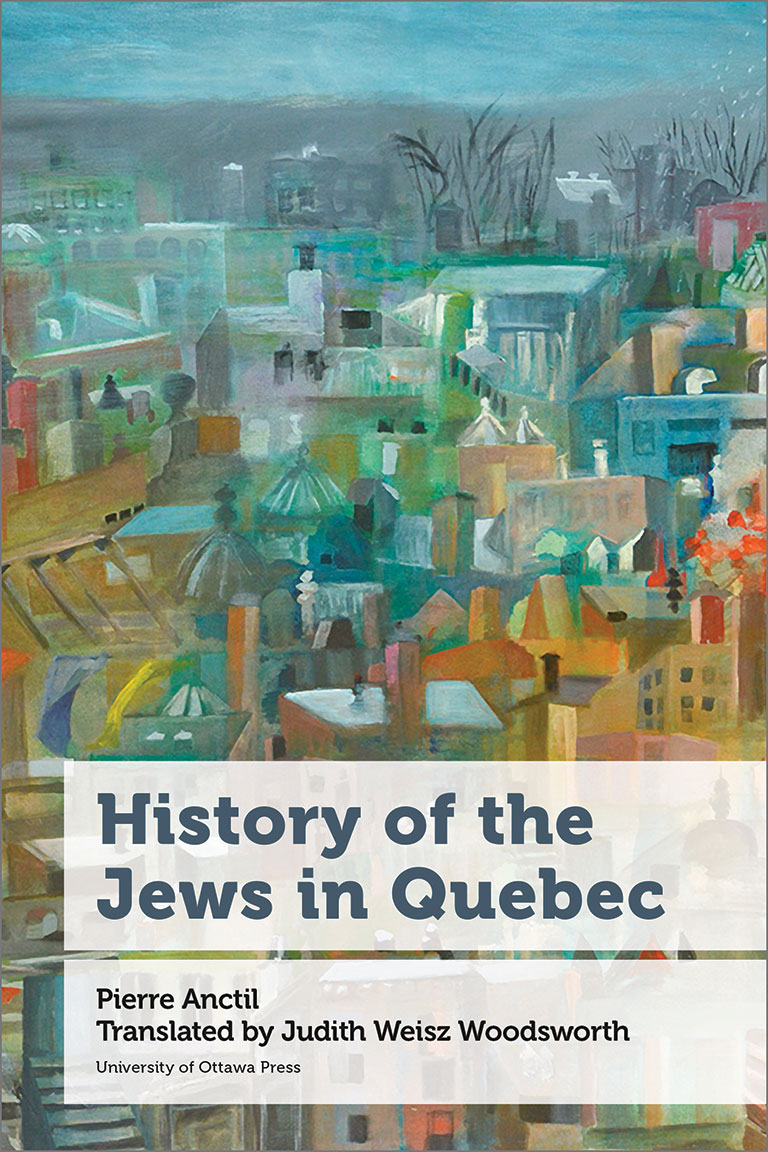
History of the Jews in Quebec
by Pierre Anctil, translated by Judith Woodsworth
Quebec Jewry, in Montreal in particular, has evolved over time, thanks to successive waves of migration. The Jews of Quebec belong to a unique society in North America. This is the first overview of a history that began during the French Regime and continues to write itself today.
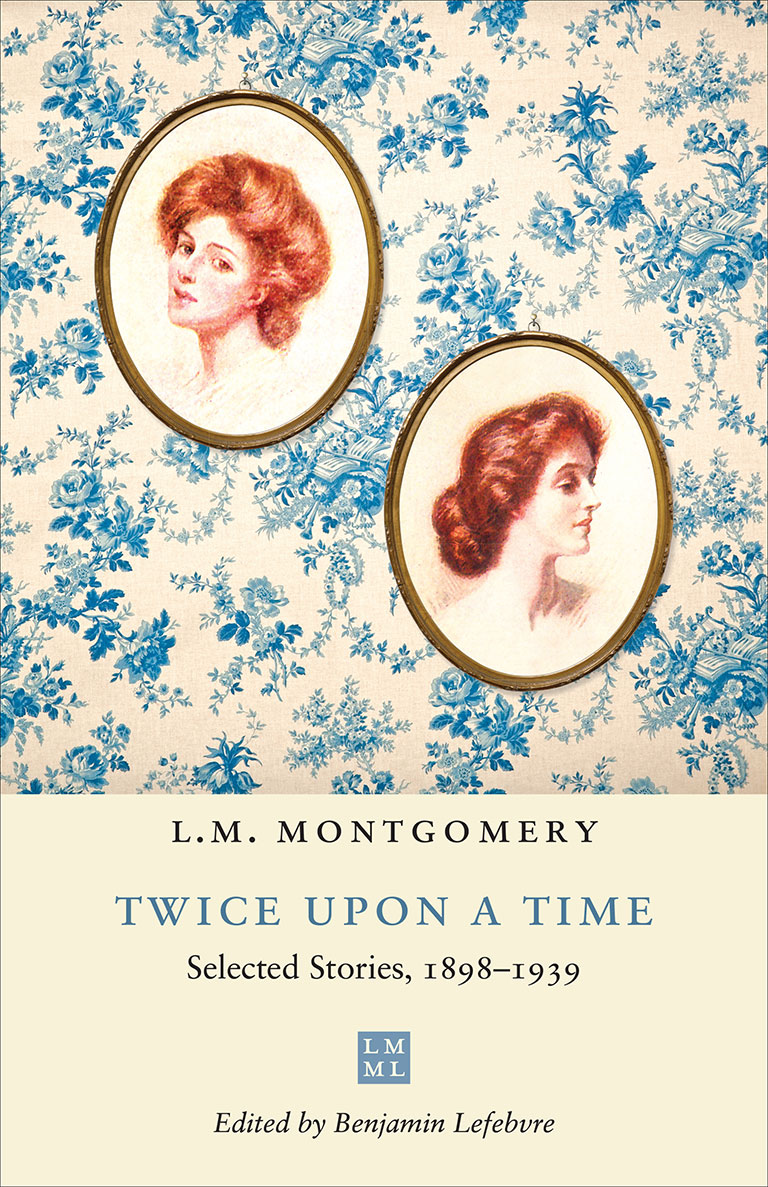
Twice upon a Time
Selected Stories, 1898–1939
by L.M. Montgomery, edited by Benjamin Lefebvre
“Twice upon a Time is a treasure trove for all those who appreciate L.M. Montgomery’s genius as a social satirist.”
— Irene Gammel, author of Looking for Anne of Green Gables
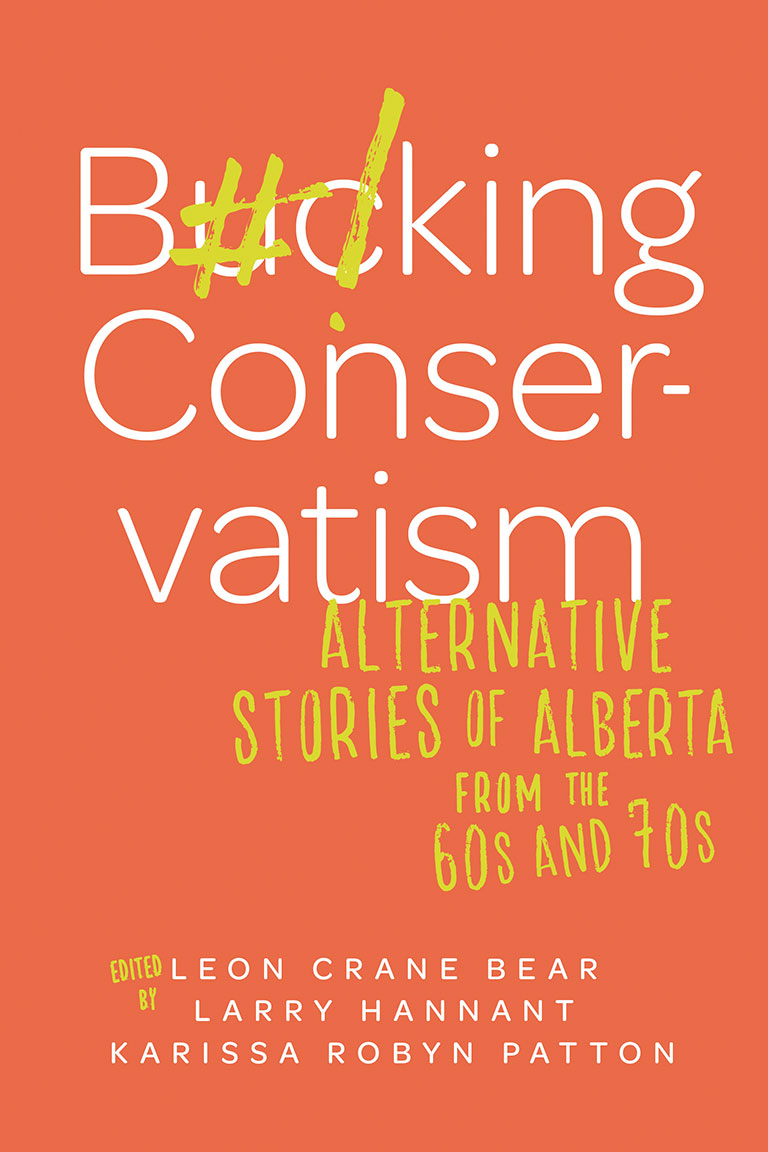
Bucking Conservatism
Alternative Stories of Alberta from the 1960s and 1970s
edited by Leon Crane Bear, Larry Hannant, and Karissa Robyn Patton
“A must read for everyone interested in peering behind the stereotypes of Alberta conservatism for a look at the grassroots rebels, radicals, queers, feminists, hippies, Indigenous activists, socialists, and environmentalists who tweaked the noses of the political elites and their business interests. Beautifully written, bristling with verve, insight, and political nuance, this anthology deserves a wide audience of readers.”
—Valerie Korinek, author of Prairie Fairies
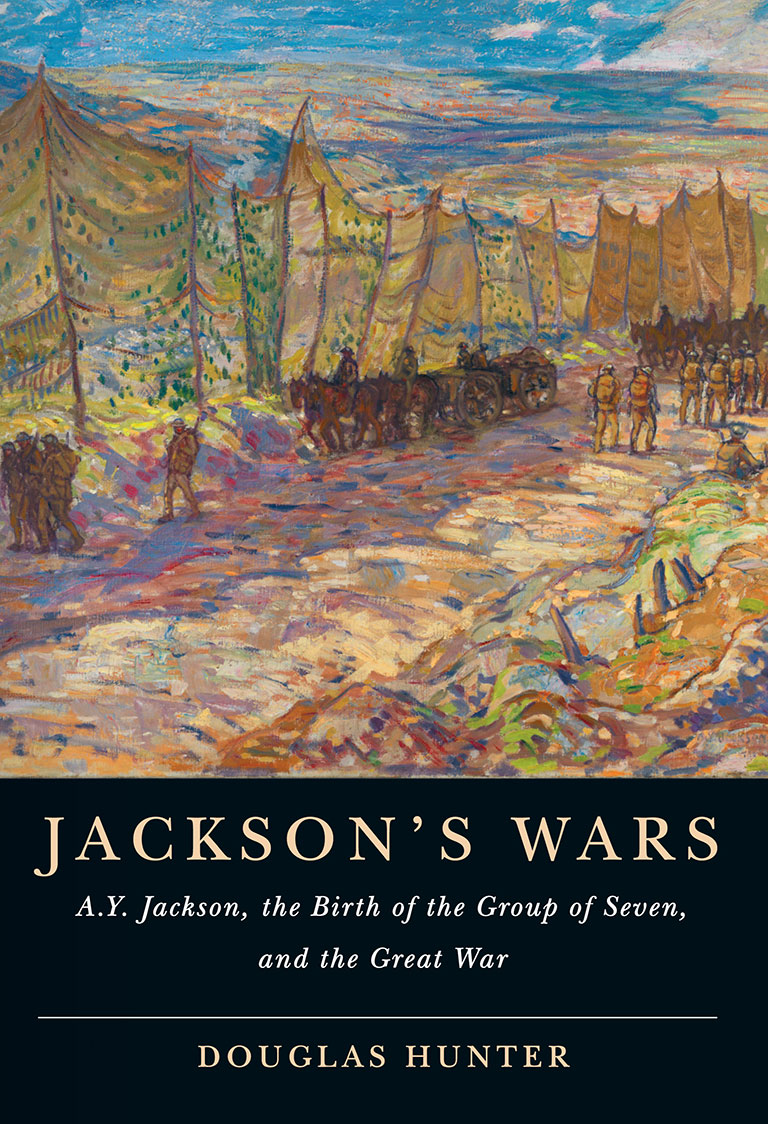
Jackson’s Wars
A.Y. Jackson, the Birth of the Group of Seven, and the Great War
by Douglas Hunter
A captivating account of the formative years of one of Canada’s best-known artists, Jackson’s Wars follows A.Y. Jackson’s progress as a painter before he was a well-known artist and his time on the battlefield in Europe, before he cast his lot in with a group of like-minded Toronto artists.
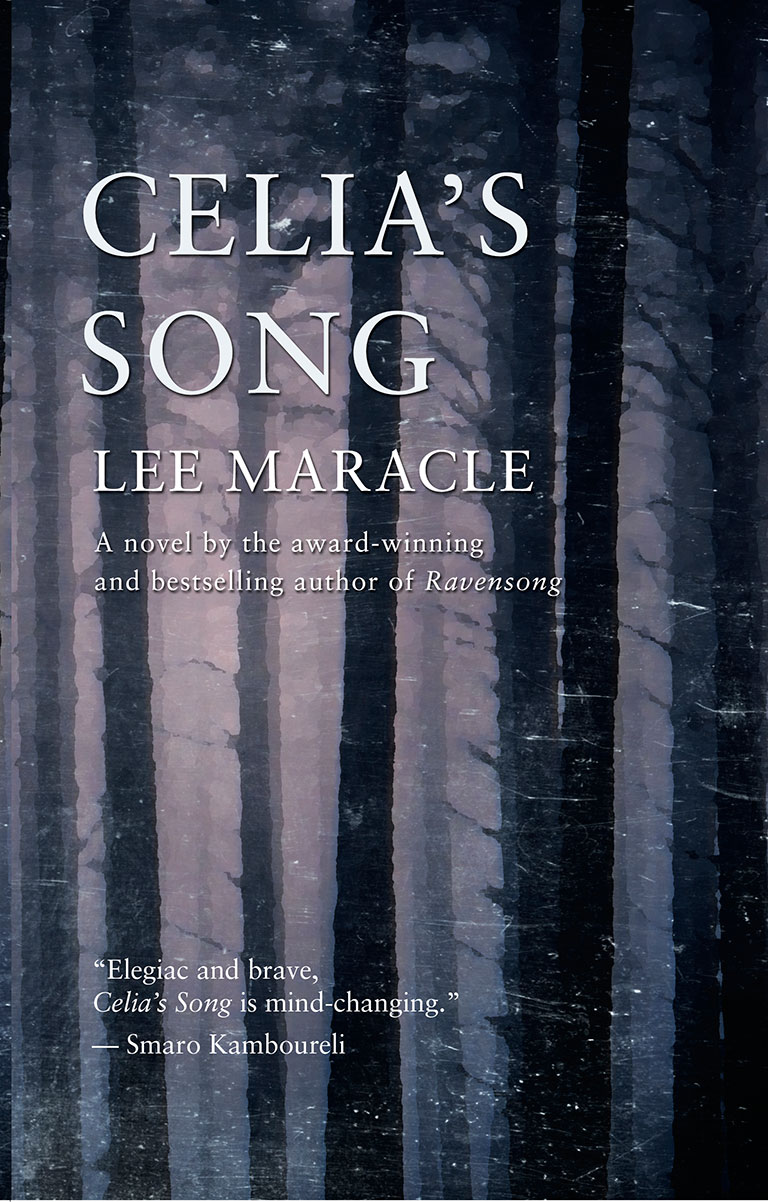
Celia’s Song
A Novel
by Lee Maracle
“There is no book that I’ve read that has had such an emotional impact. A stunning achievement. It is one of the absolute best books I’ve read in years and years.”
— CBC All in a Day
“If you care about reconciliation and justice in Canada … make time this year to listen to Celia’s song.”
— Vancouver Sun
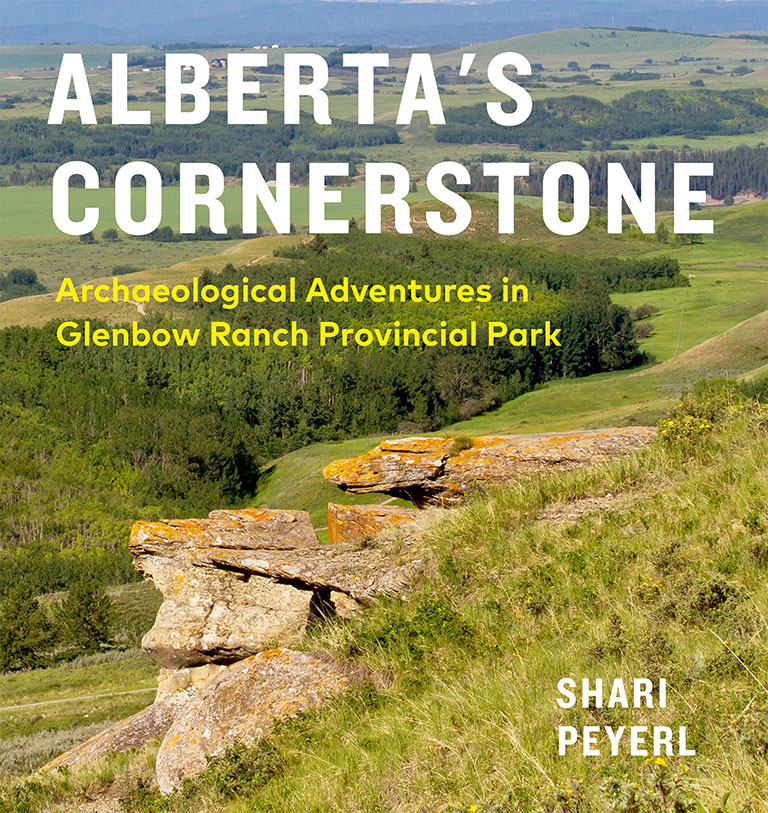
Alberta’s Cornerstone
Archaeological Adventures in Glenbow Ranch Provincial Park
by Shari Peyerl
The fascinating exploration of a vanished settlement in Glenbow Ranch Provincial Park, told within the framework of an archaeologist’s memoir. While excavating Alberta’s most important historic sandstone quarry, archaeologist and oral historian Shari Peyerl uncovers fascinating clues about the province’s past.
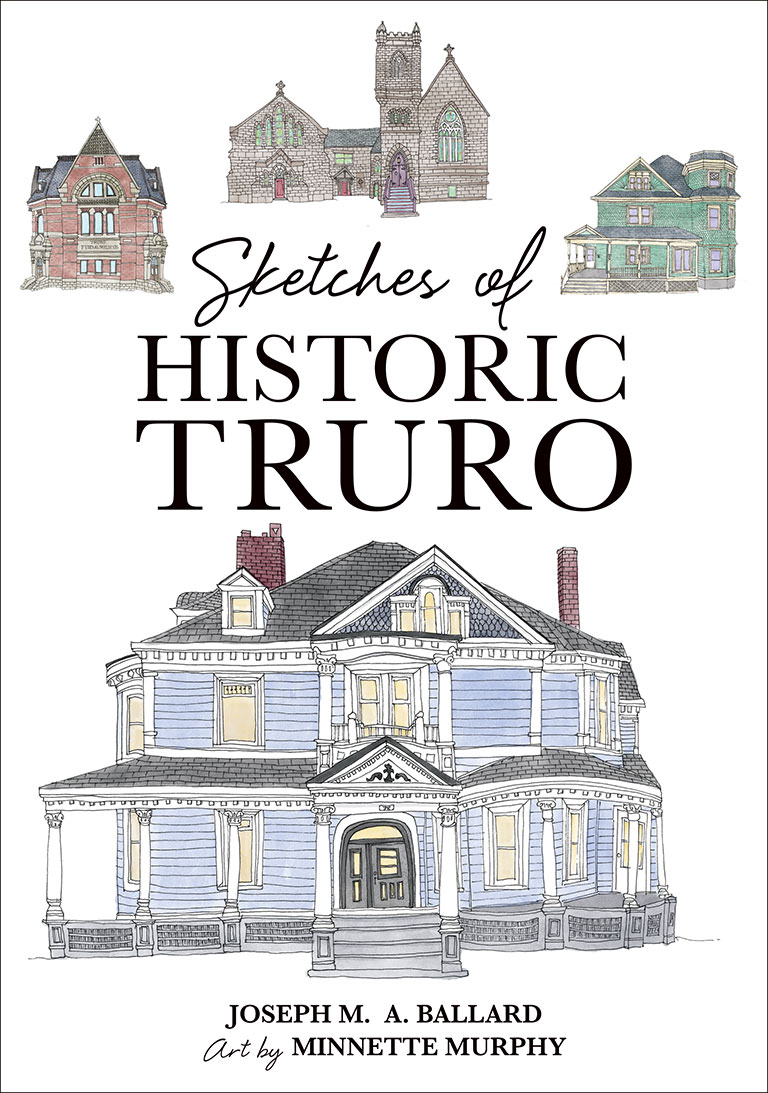
Sketches of Historic Truro
by Joseph M.A. Ballard, art by Minette Murphy
An illustrated history of Nova Scotia’s Hubtown, Truro, featuring over 90 profiles of iconic buildings — from grand homes, to churches, to industrial buildings, from the author of Historic House Names of Nova Scotia.
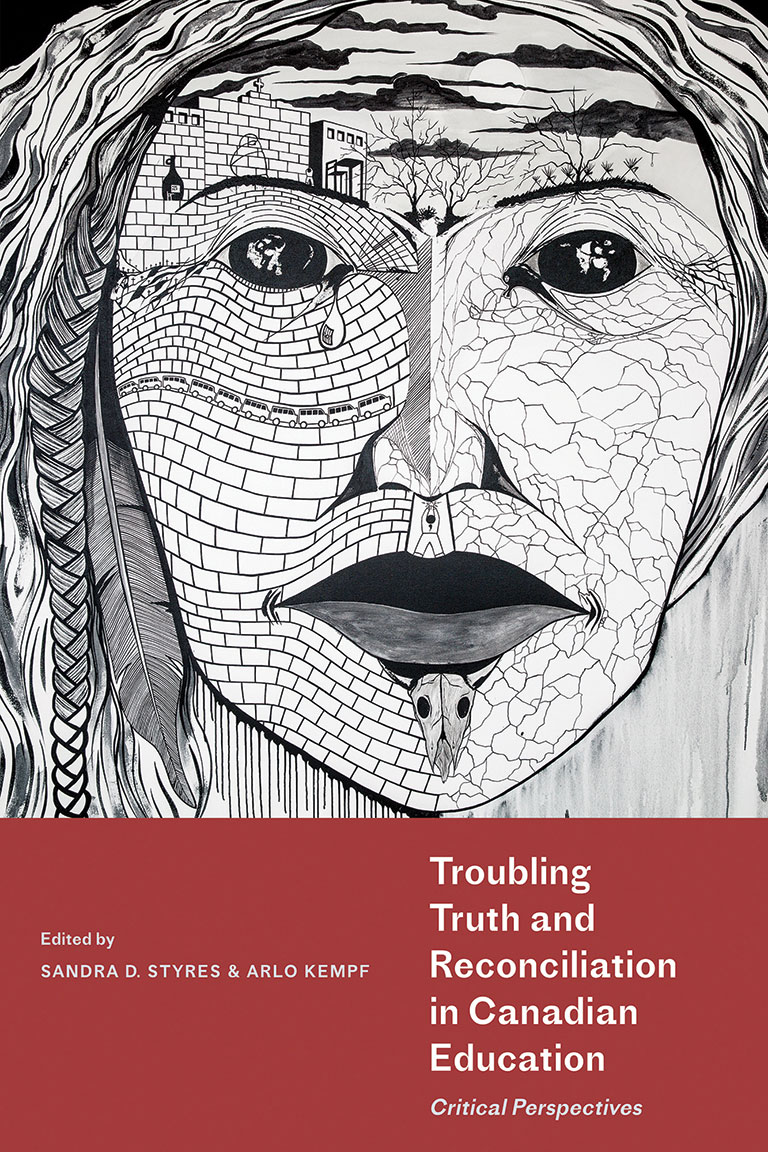
Troubling Truth and Reconciliation in Canadian Education
Critical Perspectives
edited by Sandra D. Styres & Arlo Kempf
A critical analysis of the theoretical and practical aspects of reconciliation efforts in education between Indigenous and non-Indigenous peoples across Canada. Indigenous and non-Indigenous scholars address both theoretical and practical aspects of troubling reconciliation in education with significant diversity of thought, approach, and socio-political location. This collection will be invaluable to scholars and students of Indigenous studies, sociology, and education.
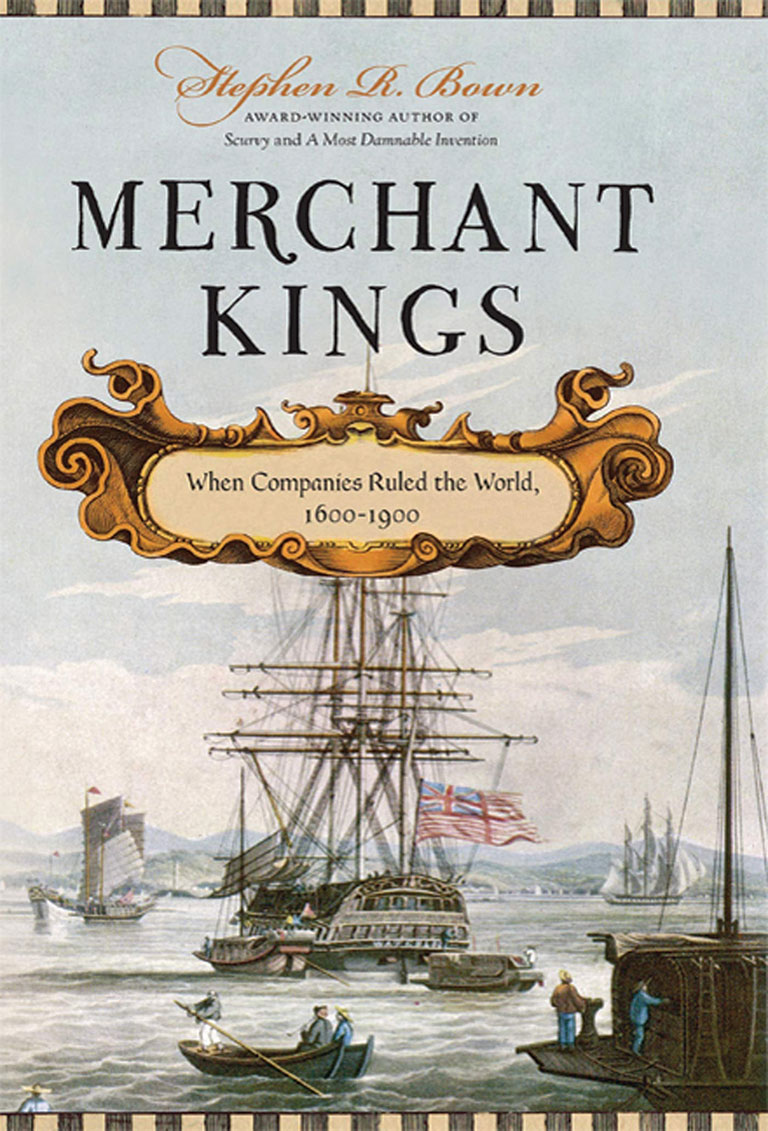
Merchant Kings
When Companies Ruled the World, 1600-1900
by Stephen R. Bown
Now in Paperback! Merchant Kings looks at the rise and fall of company rule in the centuries before colonialism when nations belatedly assumed responsibility for their commercial enterprises. A blend of biography and corporate and colonial history, this book offers a panoramic new perspective on the first period of unfettered globalization.
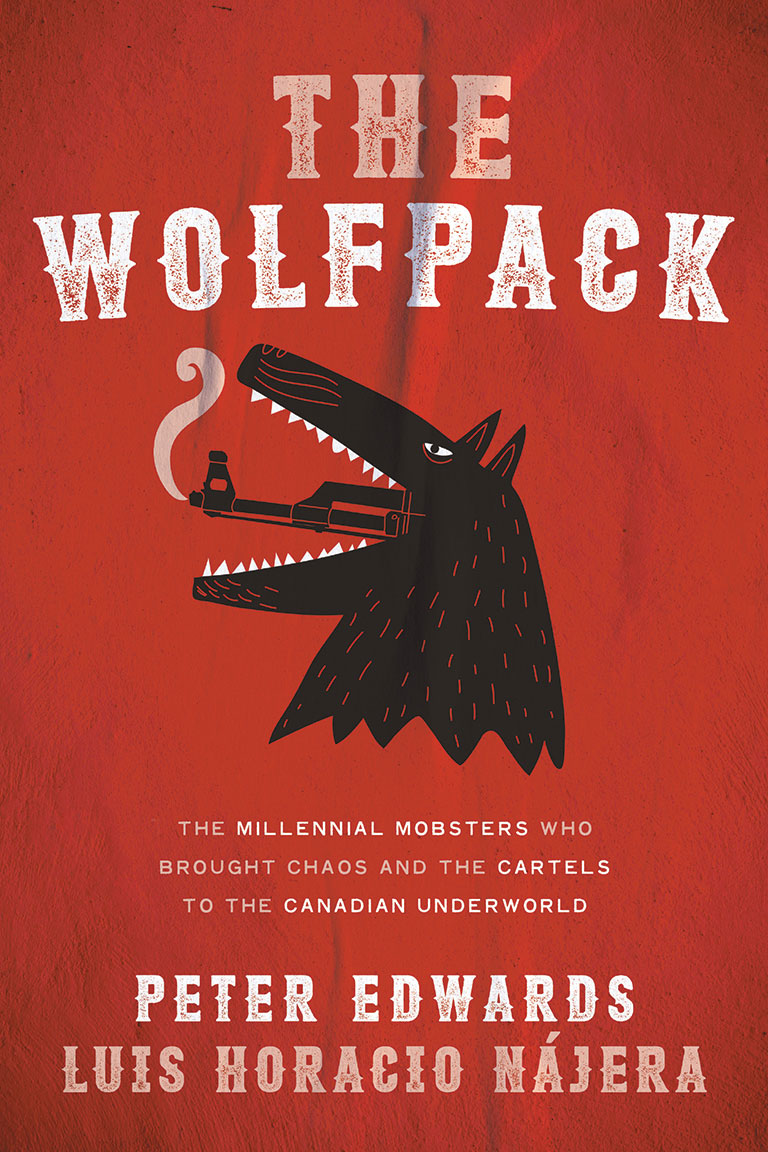
The Wolfpack
The Millennial Mobsters Who Brought Chaos and the Cartels to the Canadian Underworld
by Peter Edwards, Luis Nájera
Following the death of Montreal Mafia boss Vito Rizzuto in 2013, a loosely affiliated group of young criminals rose to fill the void — and naively led Mexico’s drug cartels to Canada’s doorstep. A must-read for true-crime aficionados looking for insight into the organized criminal underworld of the 2020s.
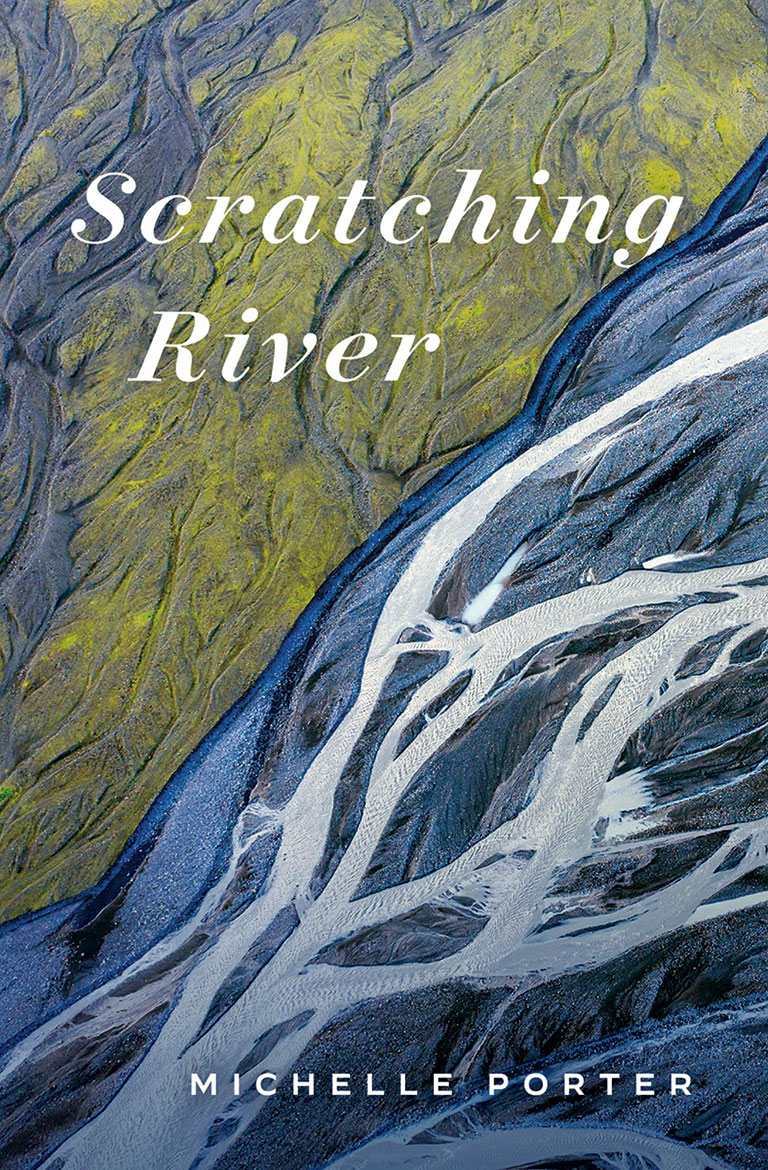
Scratching River
by Michelle Porter
“Gnarled and knotted, Scratching River is a bricolage of intimate memories, newspaper articles, investigative reports, a century-old memoir, and practical knowledge. It meanders and flows like an old river, burbling and rushing into a story of past and present, human and environment, colonialism and violence, justice and love.”
— Sonja Boon, author of What the Oceans Remember
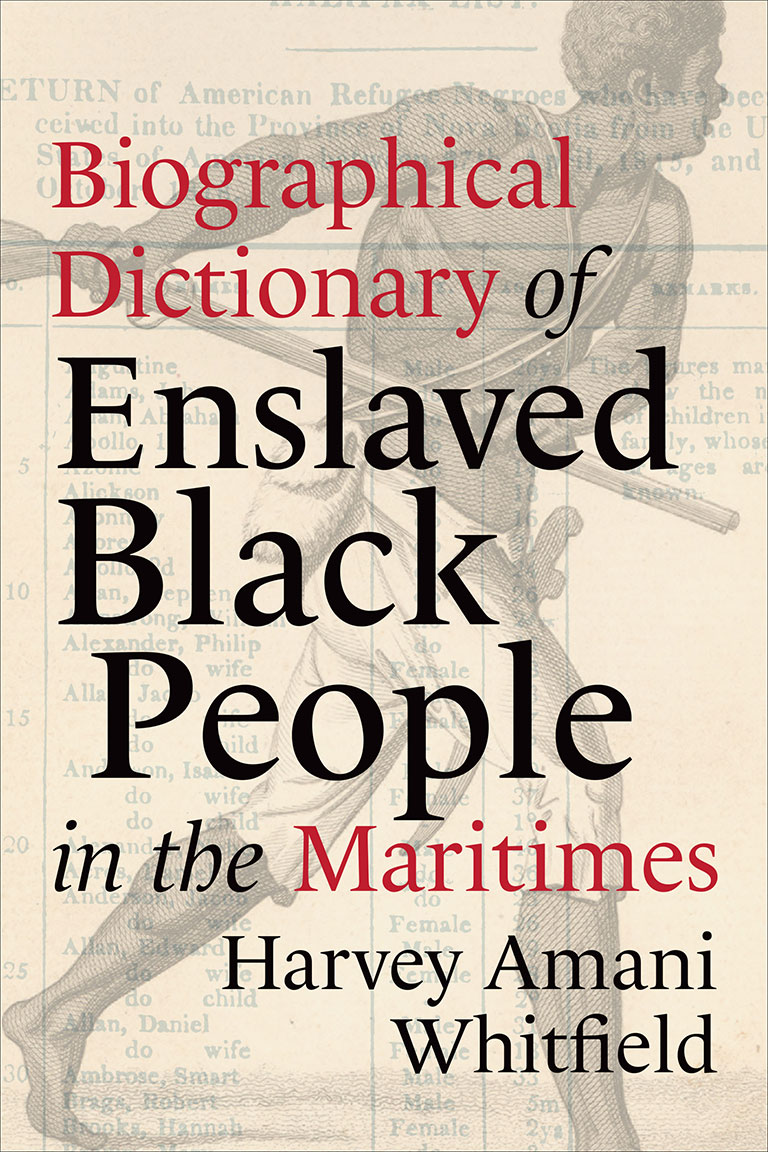
Biographical Dictionary of Enslaved Black People in the Maritimes
by Harvey Amani Whitfield, foreword by Donald A. Wright
“Harvey Amani Whitfield has provided all of us with a gift that will grace the shelves of both scholars and readers for a generation and more.”
— Karolyn Smardz Frost, Governor General’s Award-winning author of I’ve Got a Home in Glory Land: A Lost Tale of the Underground Railroad
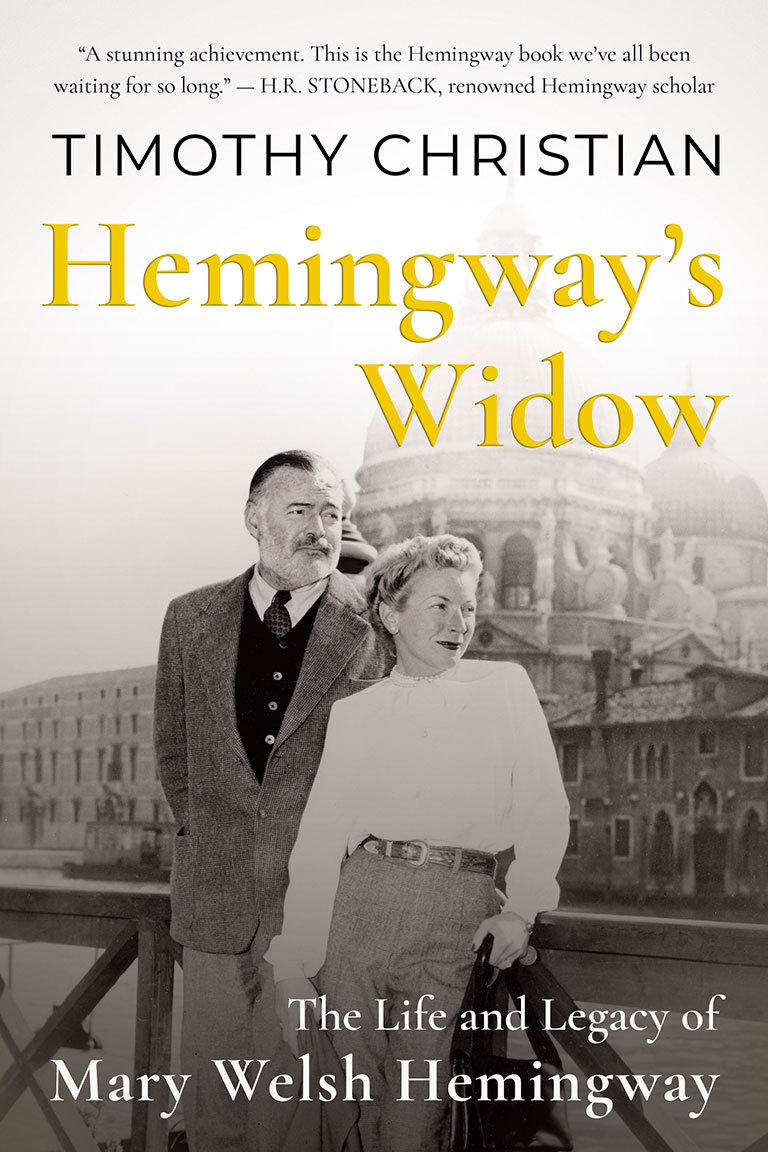
Hemingway’s Widow
The Life and Legacy of Mary Welsh Hemingway
by Timothy Christian
This stunning portrait of Mary Welsh, Ernest Hemingway’s fourth wife, explores the tumultuous years of their marriage and how she shaped Hemingway’s literary legacy. Welsh, a celebrated wartime journalist during the London Blitz and the liberation of Paris, met Hemingway in May 1944. He became so infatuated with her that he asked her to marry him the third time they met, even though they were married to other people.
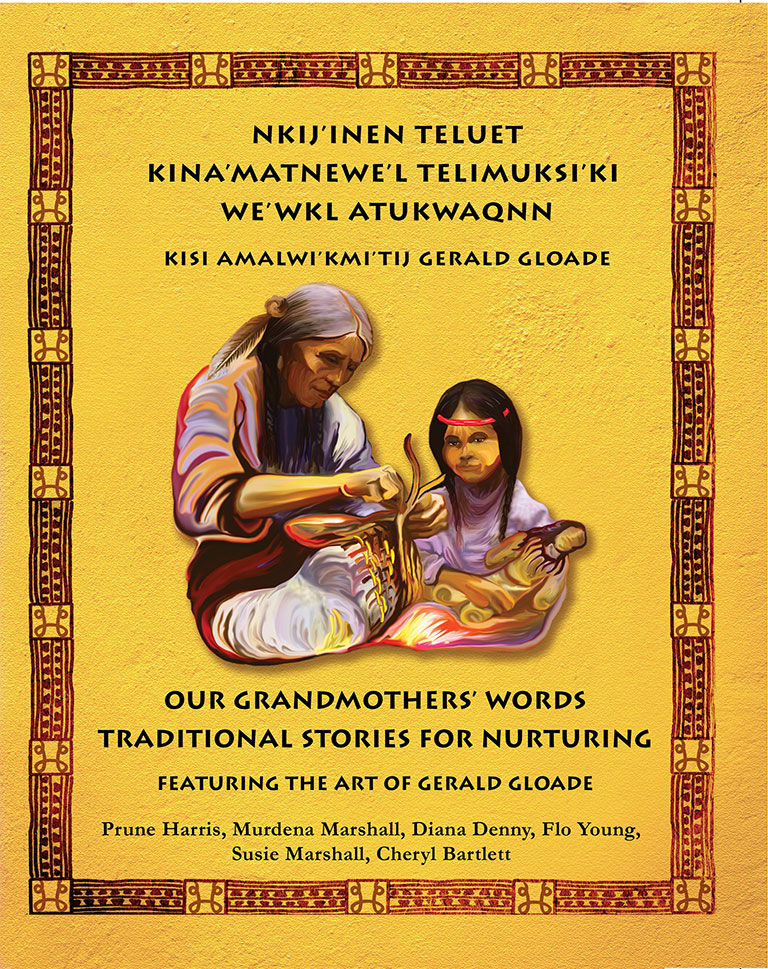
Nkij’inen Teluet / Our Grandmothers’ Words: Traditional Stories for Nurturing
by Prune Harris, Murdena Marshall, Diana Denny, Flo Young, Susie Marshall, and Cheryl Bartlett, featuring the art of Gerald Gloade
Through traditional stories, Grandmothers’ understandings guide and nurture parents and children as they grow together. Dual-language: English and Mi’kmaq.
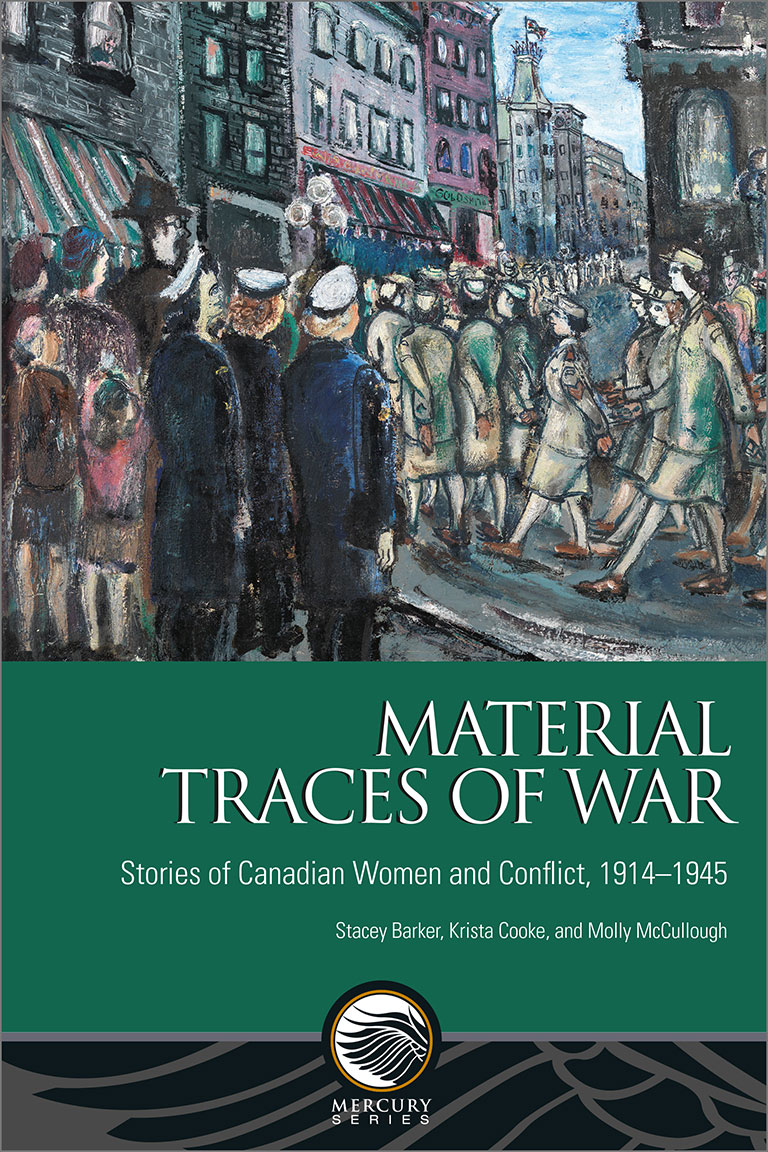
Material Traces of War
Stories of Canadian Women and Conflict, 1914–1945
by Stacey Barker, Krista Cooke, and Molly McCullough
Here are the stories of women who worked as civilians, served in the military, volunteered their time, and grieved lost loved ones during two great wars. Through thematically organized vignettes, the authors place these personal narratives and their related material culture in the wider context of the world wars.
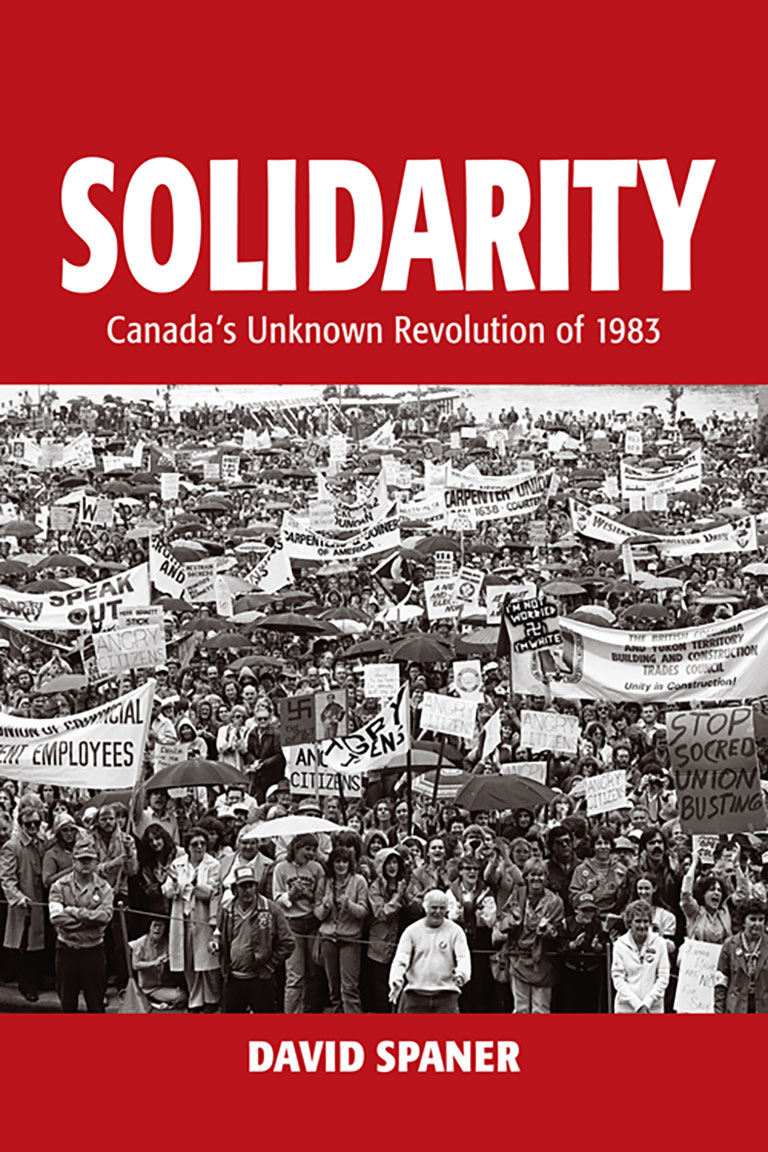
Solidarity
Canada’s Unknown Revolution of 1983
by David Spaner
In 1983, Premier Bill Bennett unleashed an avalanche of anti-union, anti-human rights legislation that sparked resistance throughout B.C. The Solidarity movement erupted across the province, uniting labourers and leftist activists for the first time. Solidarity is an exploration of the events, people and politics of B.C.’s unknown revolution.
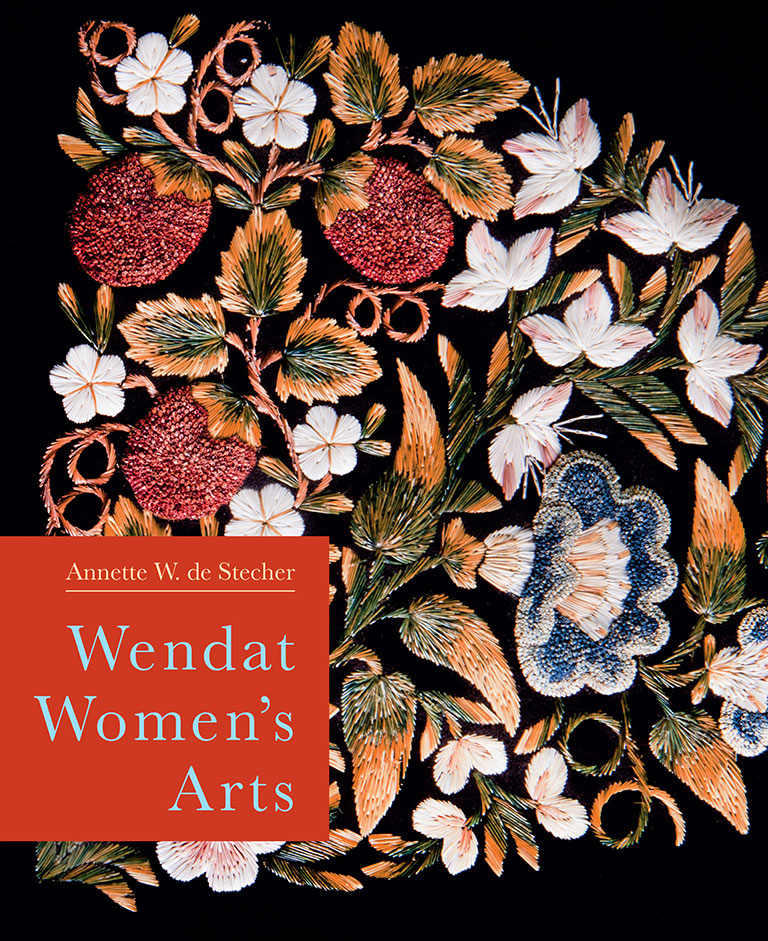
Wendat Women’s Art
by Annette W. de Stecher
A richly illustrated history of Wendat women’s embroidery traditions, from the eighteenth century to the present, interwoven with the stories of the artists.
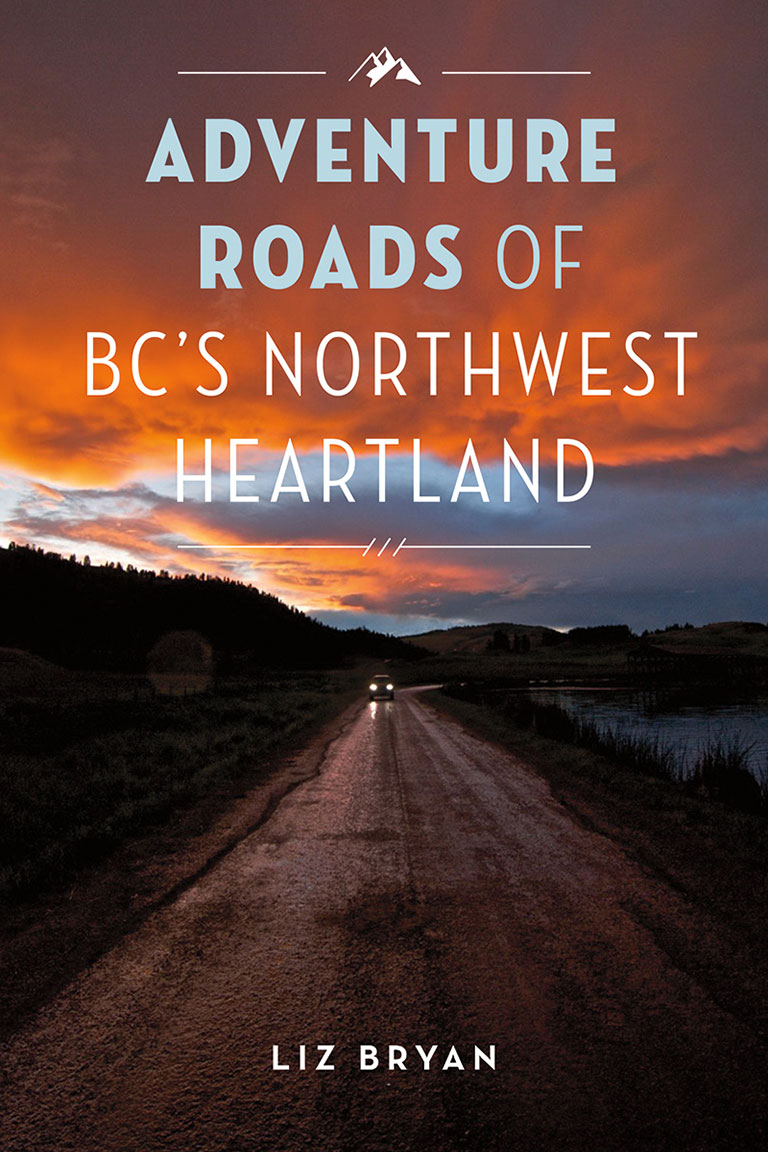
Adventure Roads of BC’s Northwest Heartland
by Liz Bryan
An off-the-beaten track exploration of Interior BC, full of scenic photography, maps, and fascinating information for tourists and armchair travellers alike. From lush forests to majestic mountains, sleepy ghost towns to pastoral farmland, Adventure Roads of BC’s Northwest Heartland captures the beauty, history, and unexpected twists and turns of a region often overlooked by tourists and ideal for would-be road trippers.
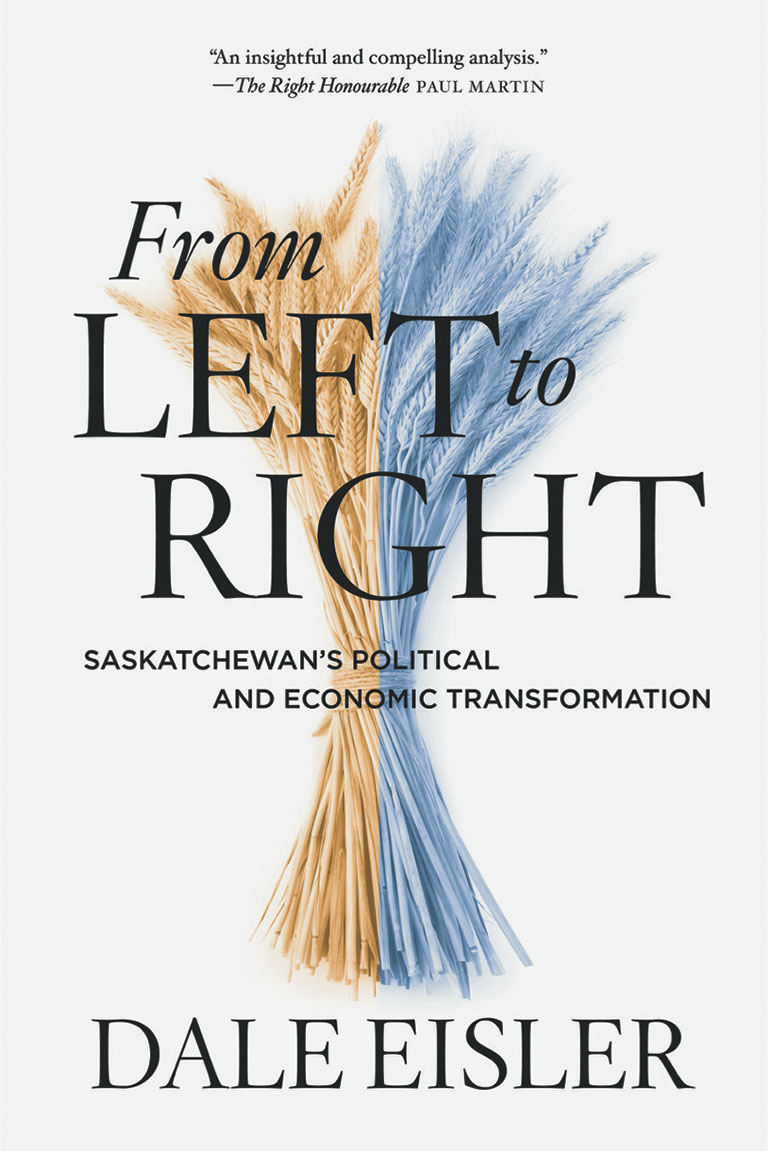
From Left to Right
Saskatchewan’s Political and Economic Transformation
by Dale Eisler
The story of the transformation of Saskatchewan, in which the once powerful NDP has been relegated to the political margins, reaches far beyond the province itself — reflecting global and national events that have shaped the province and its destiny over the last half century.
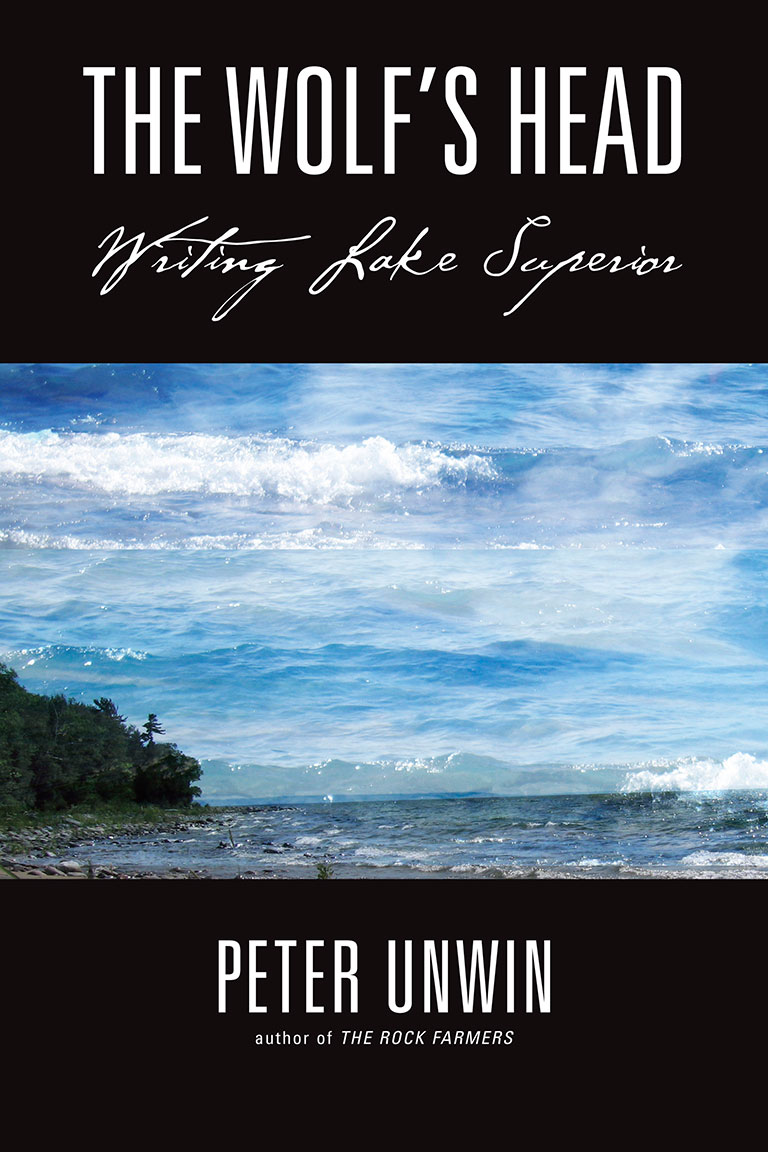
The Wolf’s Head
Writing Lake Superior
by Peter Unwin
“Peter Unwin’s lively and engaging writing style gives a fresh perspective on Lake Superior … an overall look at the history of people who have been so influenced by this particular confluence of water and rock and trees. … This is a delightful book….”
— The Chronicle-Journal
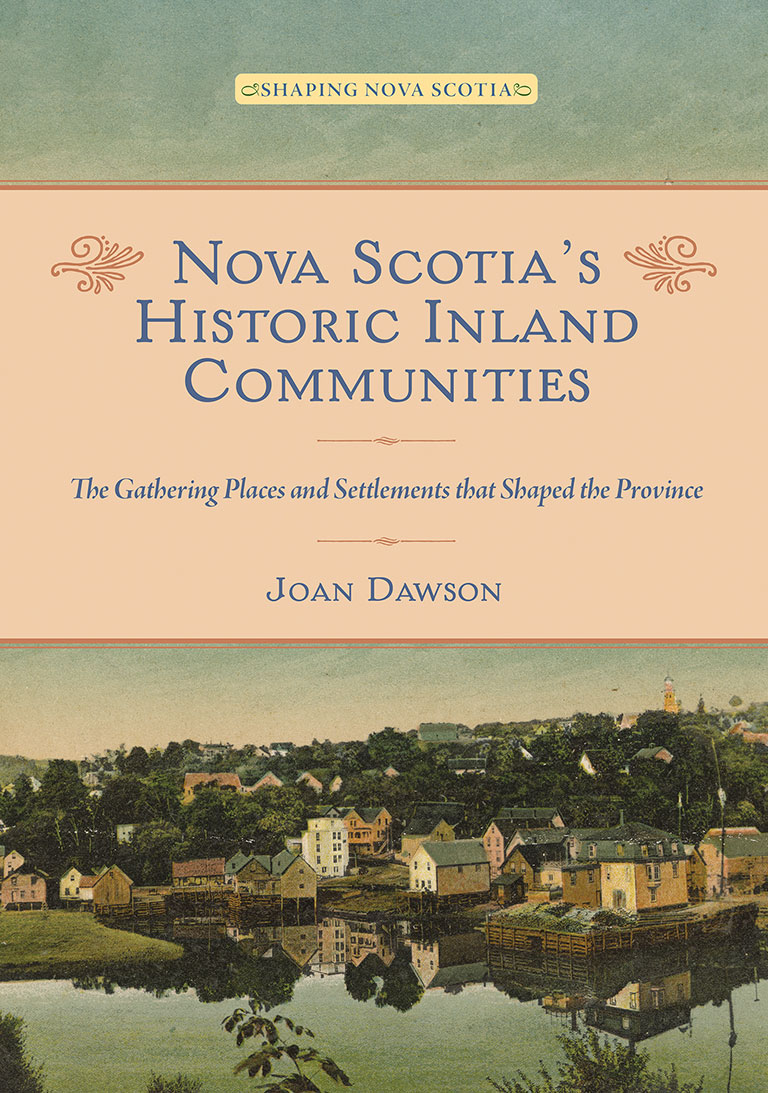
Nova Scotia’s Historic Inland Communities
The Gathering Places and Settlements that Shaped the Province
by Joan Dawson
A narrative, photo-filled historical guide to Nova Scotia’s inland communities from the author of Nova Scotia’s Historic Harbours and Nova Scotia’s Lost Communities. With the help of more than forty historical photos, trusted historian Joan Dawson takes us through the stories of the many Indigenous, Acadian, European, and African Nova Scotian communities in inland Nova Scotia.
Themes associated with this article
Sponsored by

The 2022 Summer Reading Guide is brought to you by publishers from across Canada.
Advertisement

